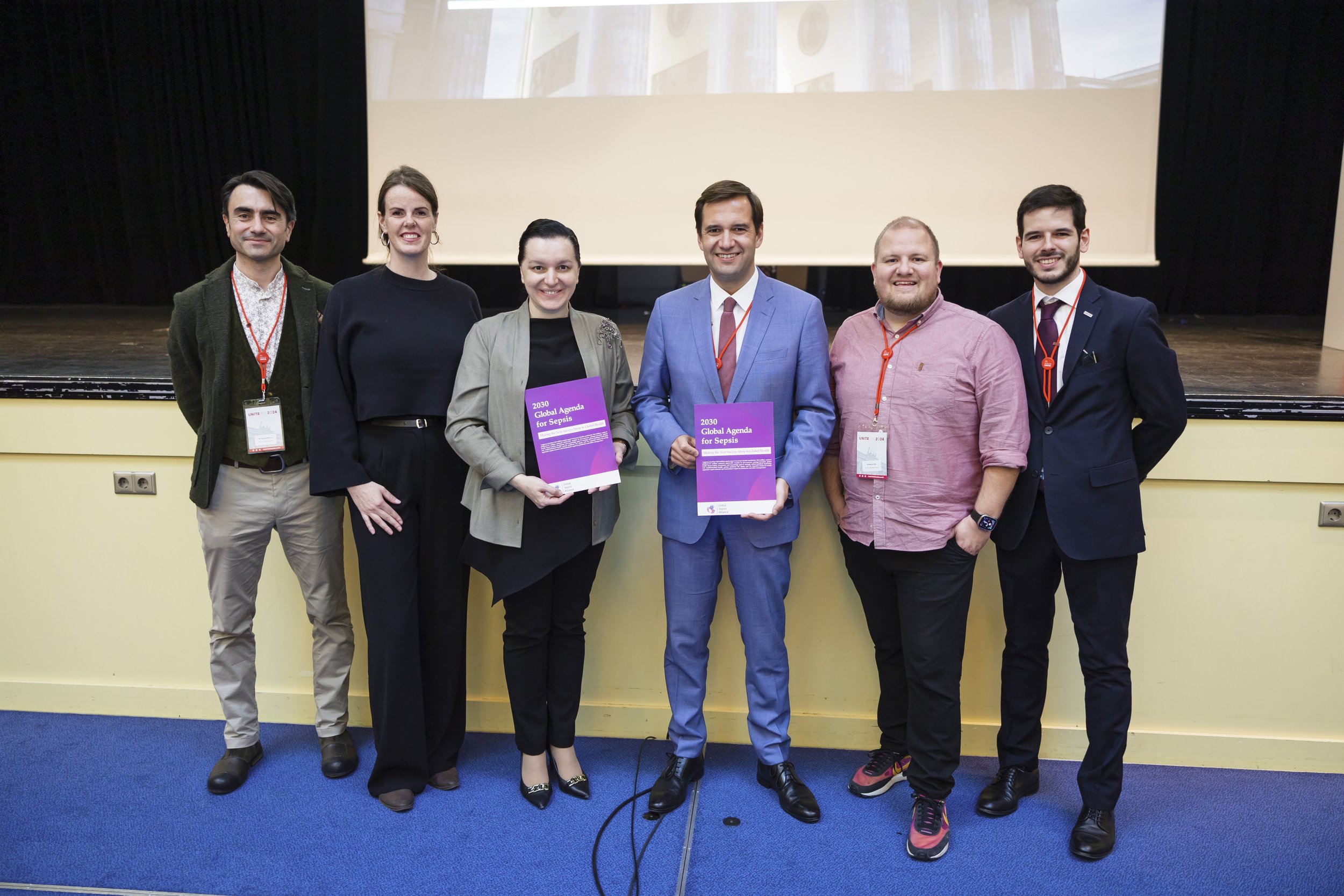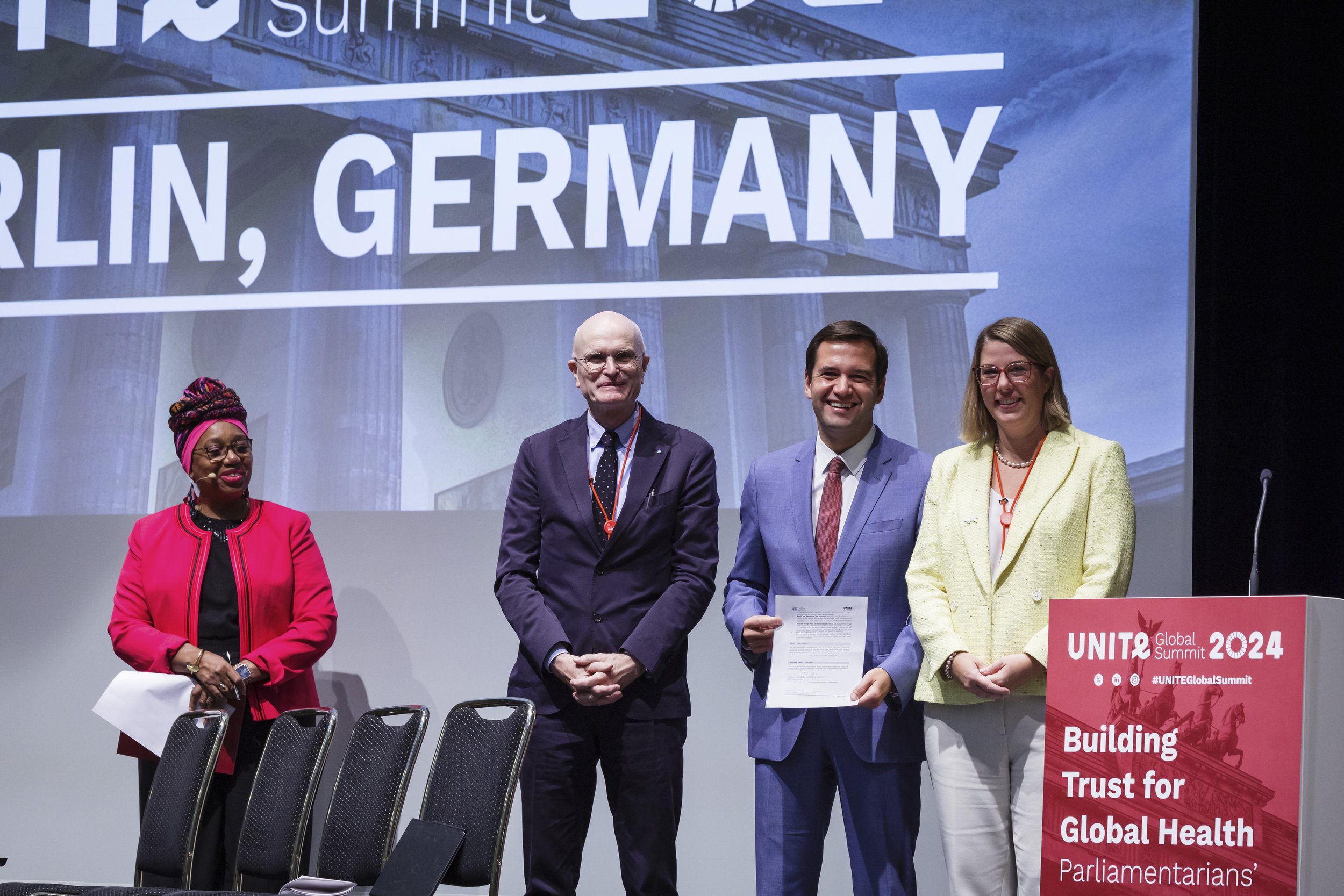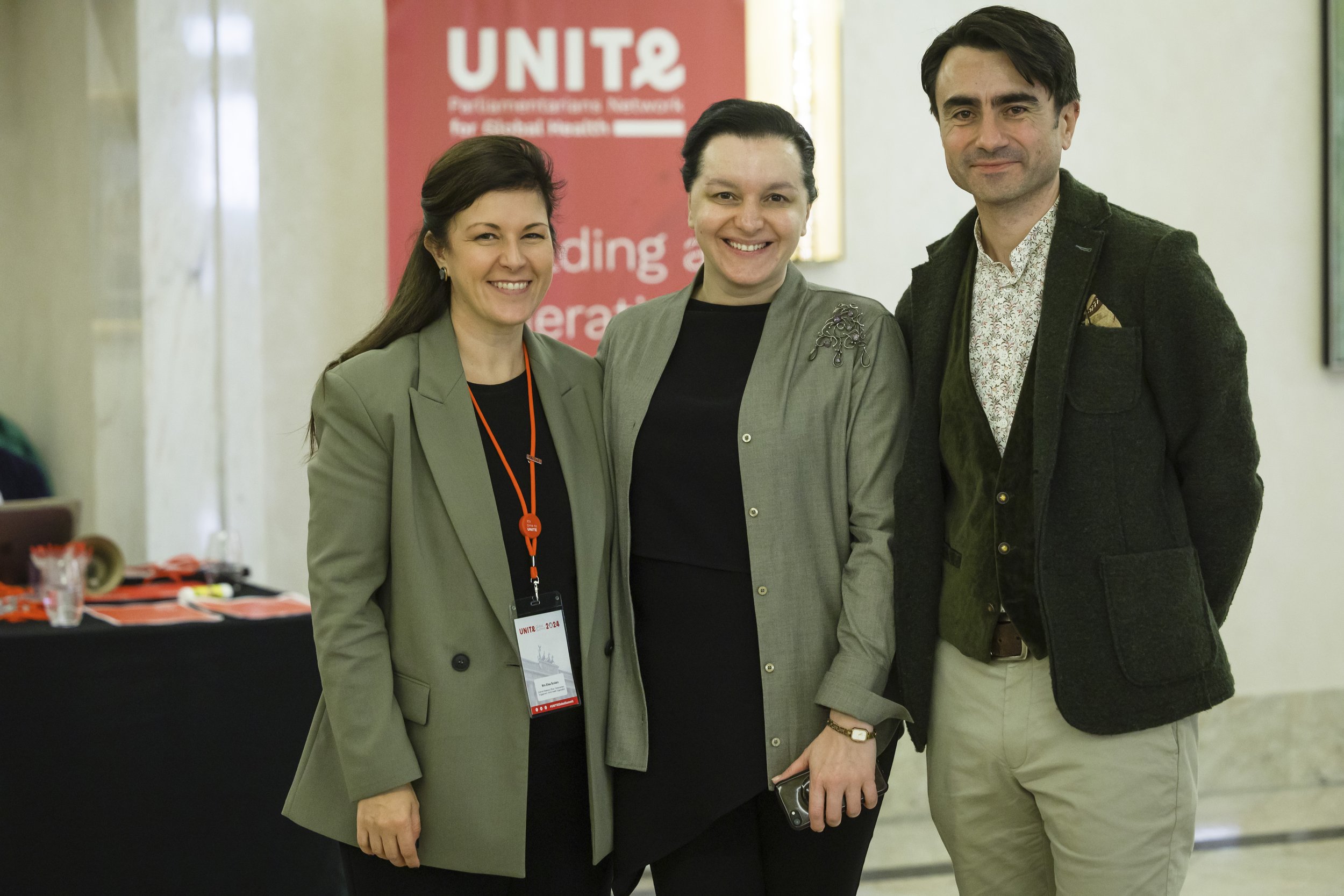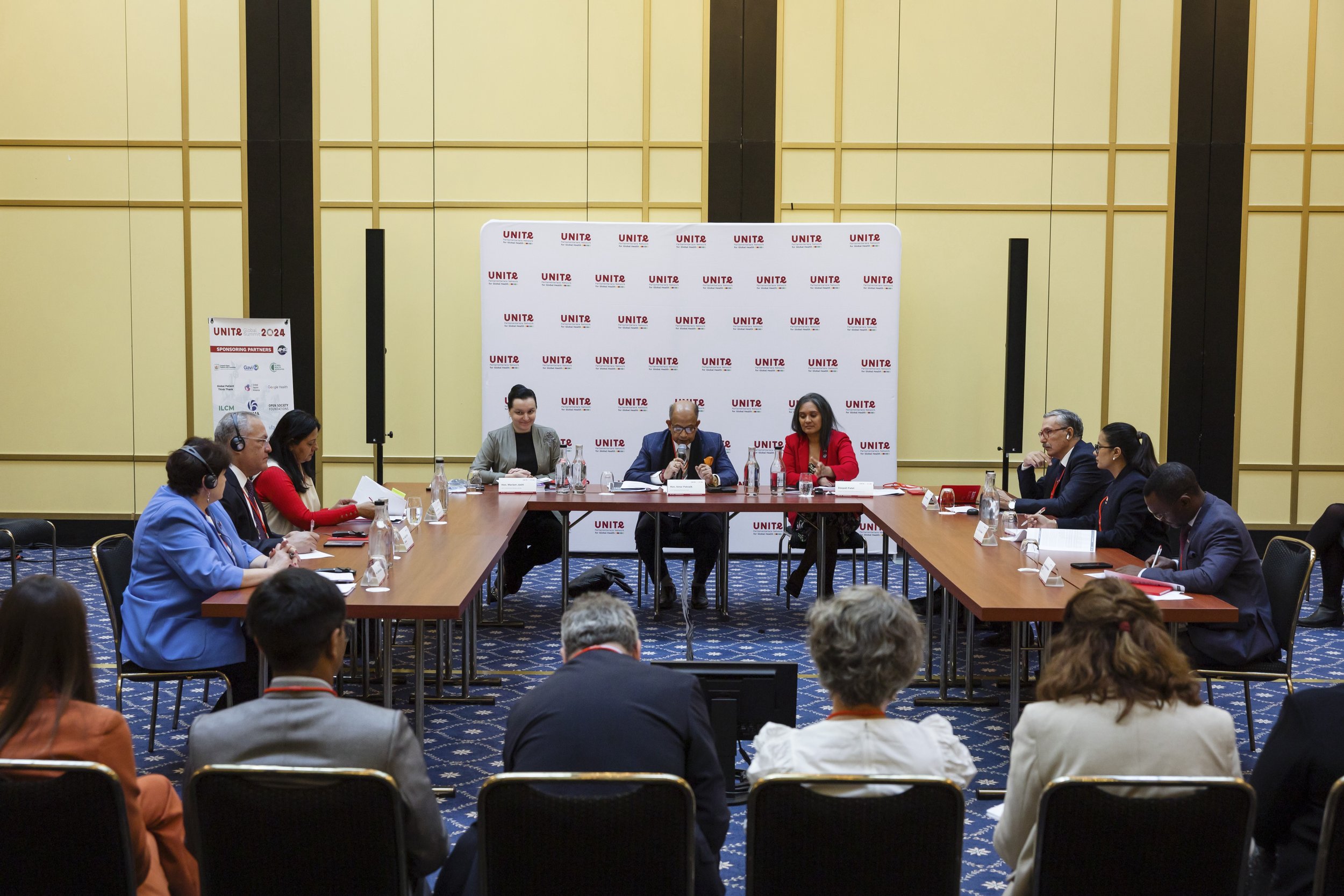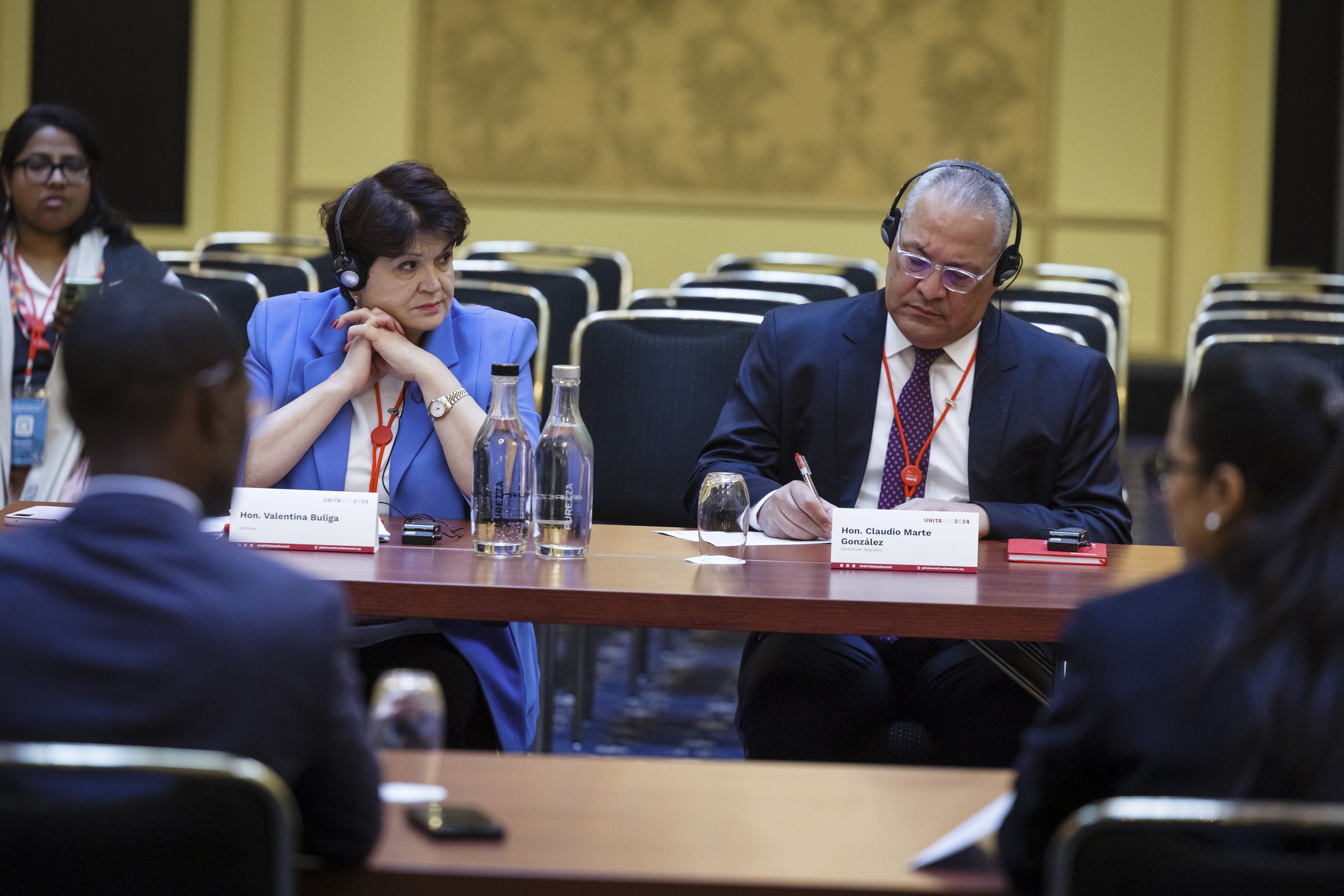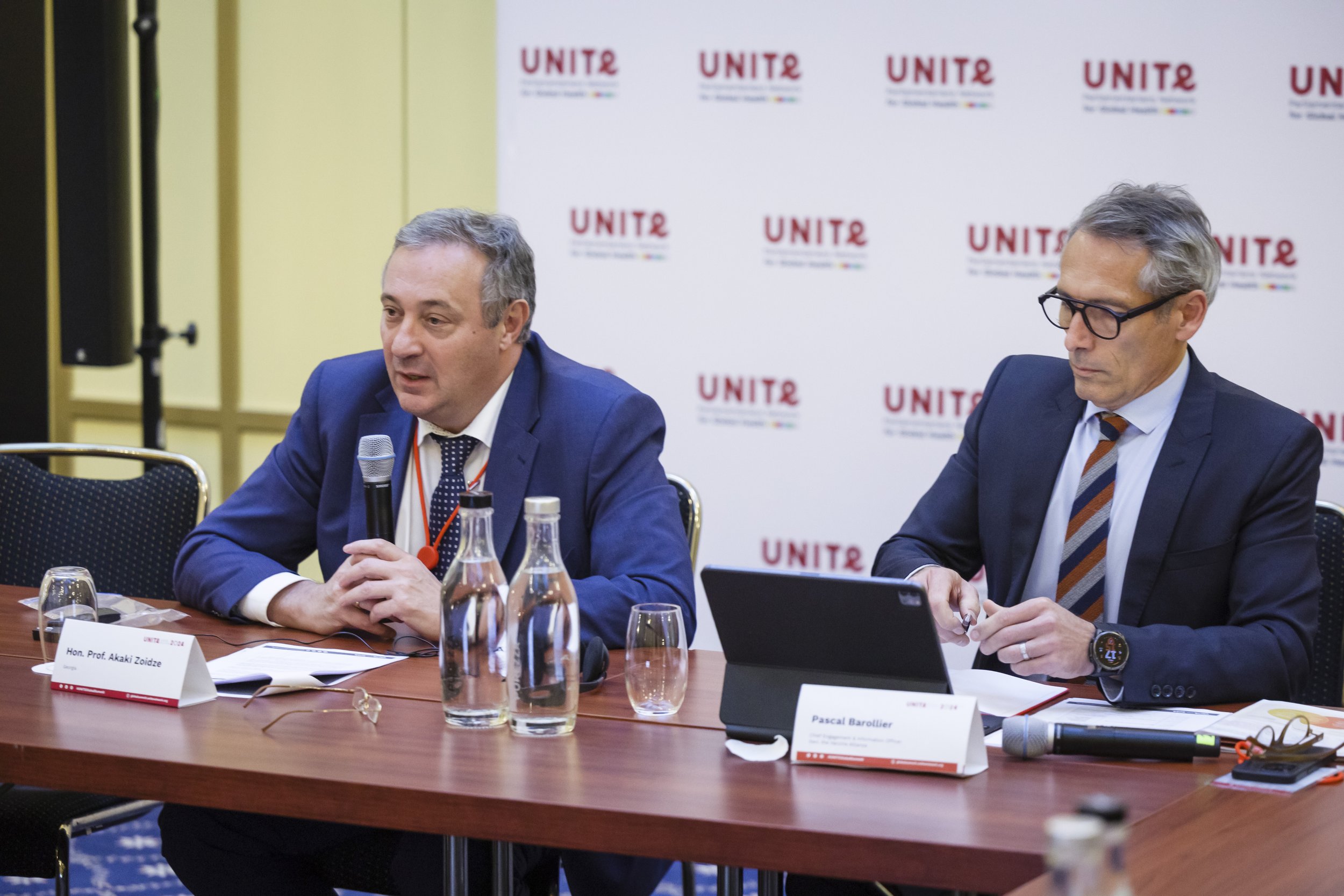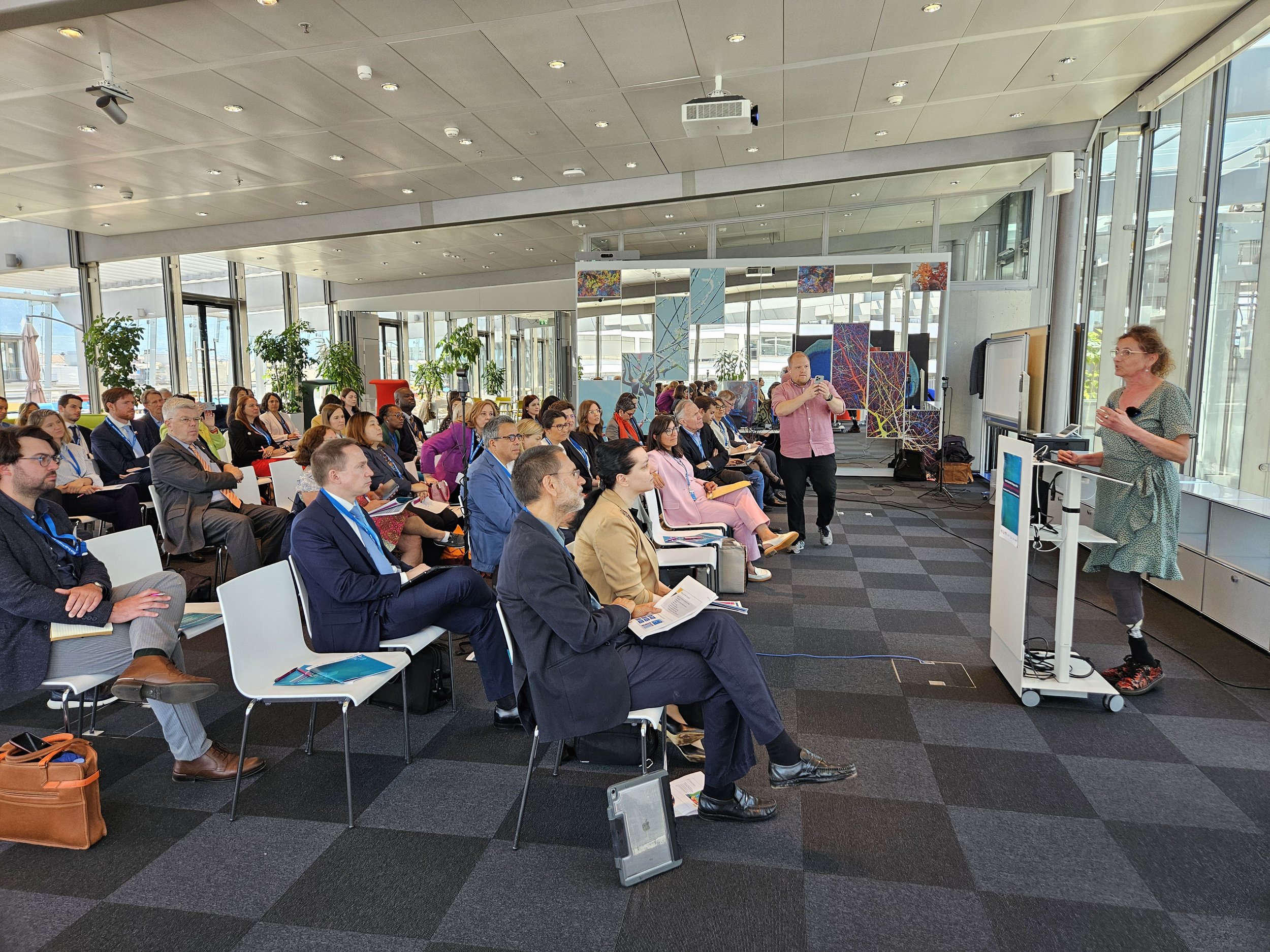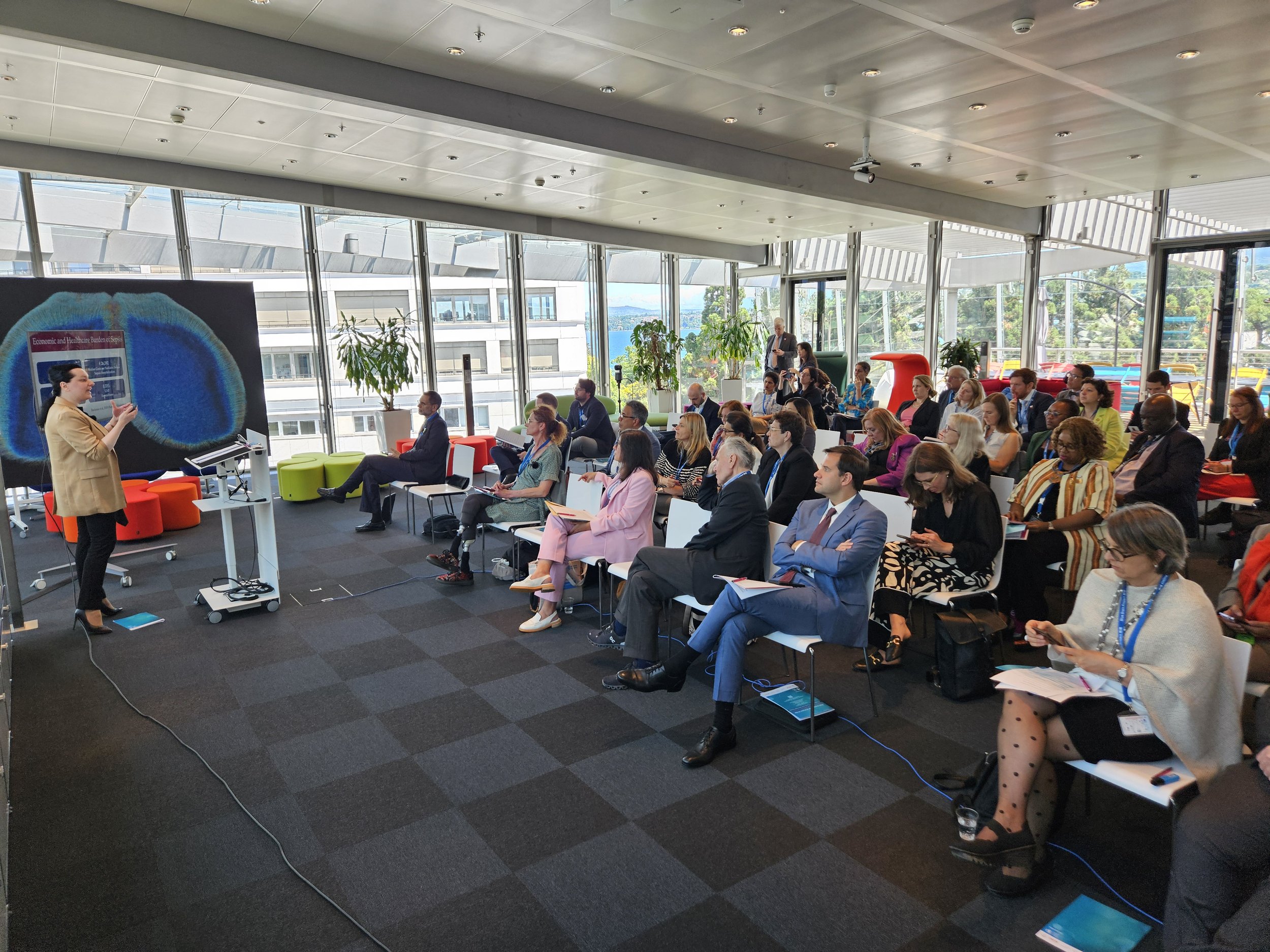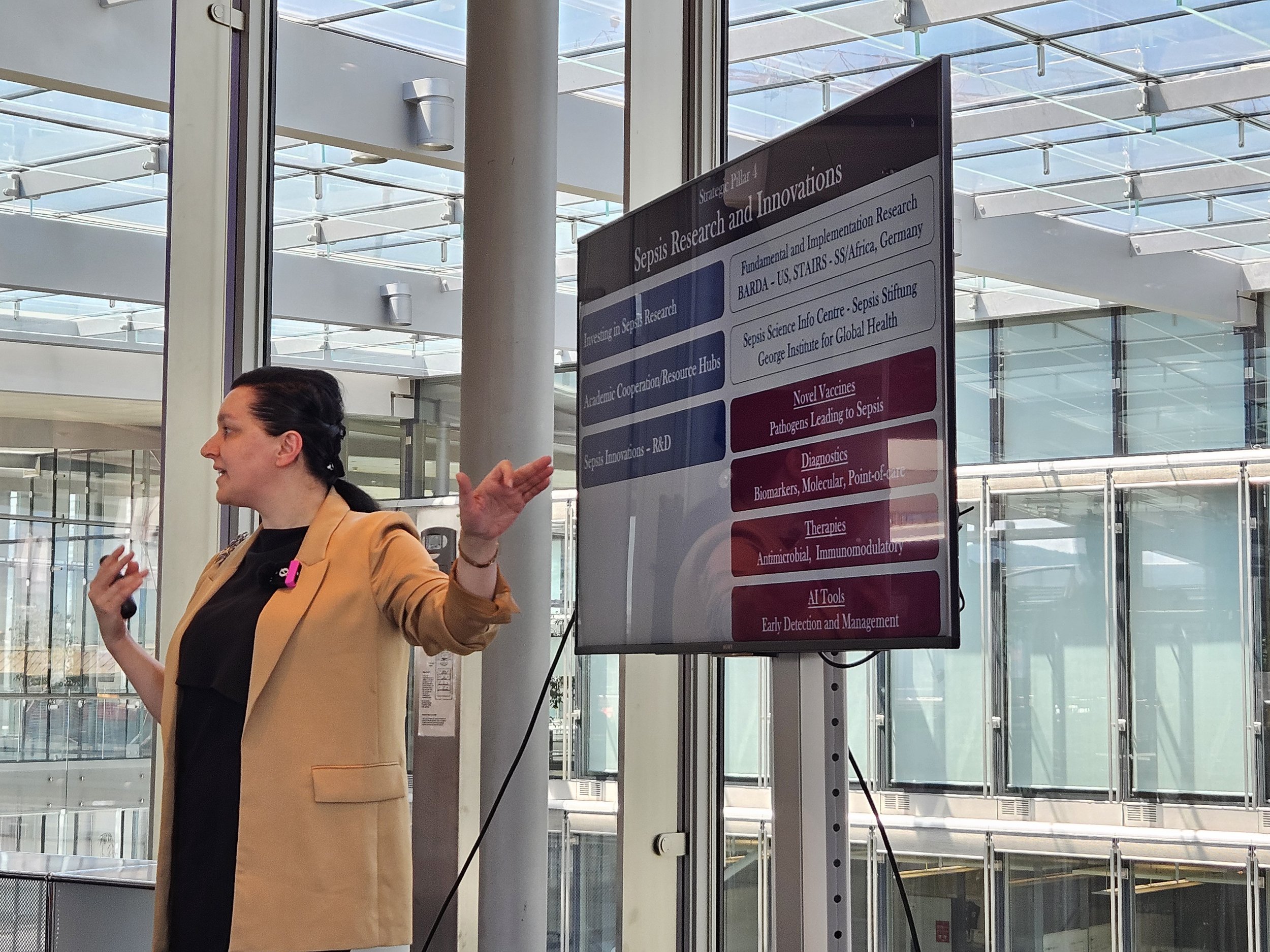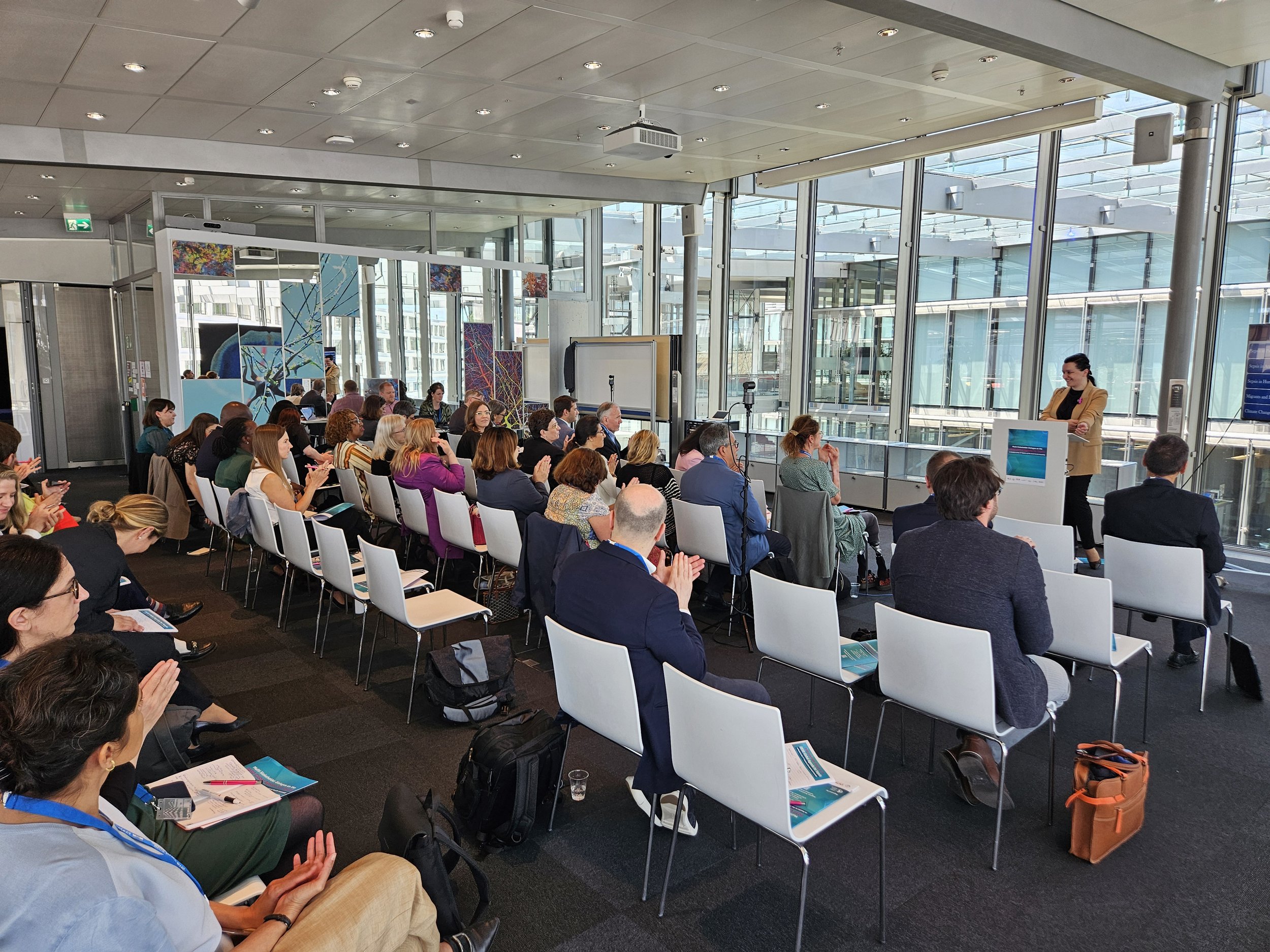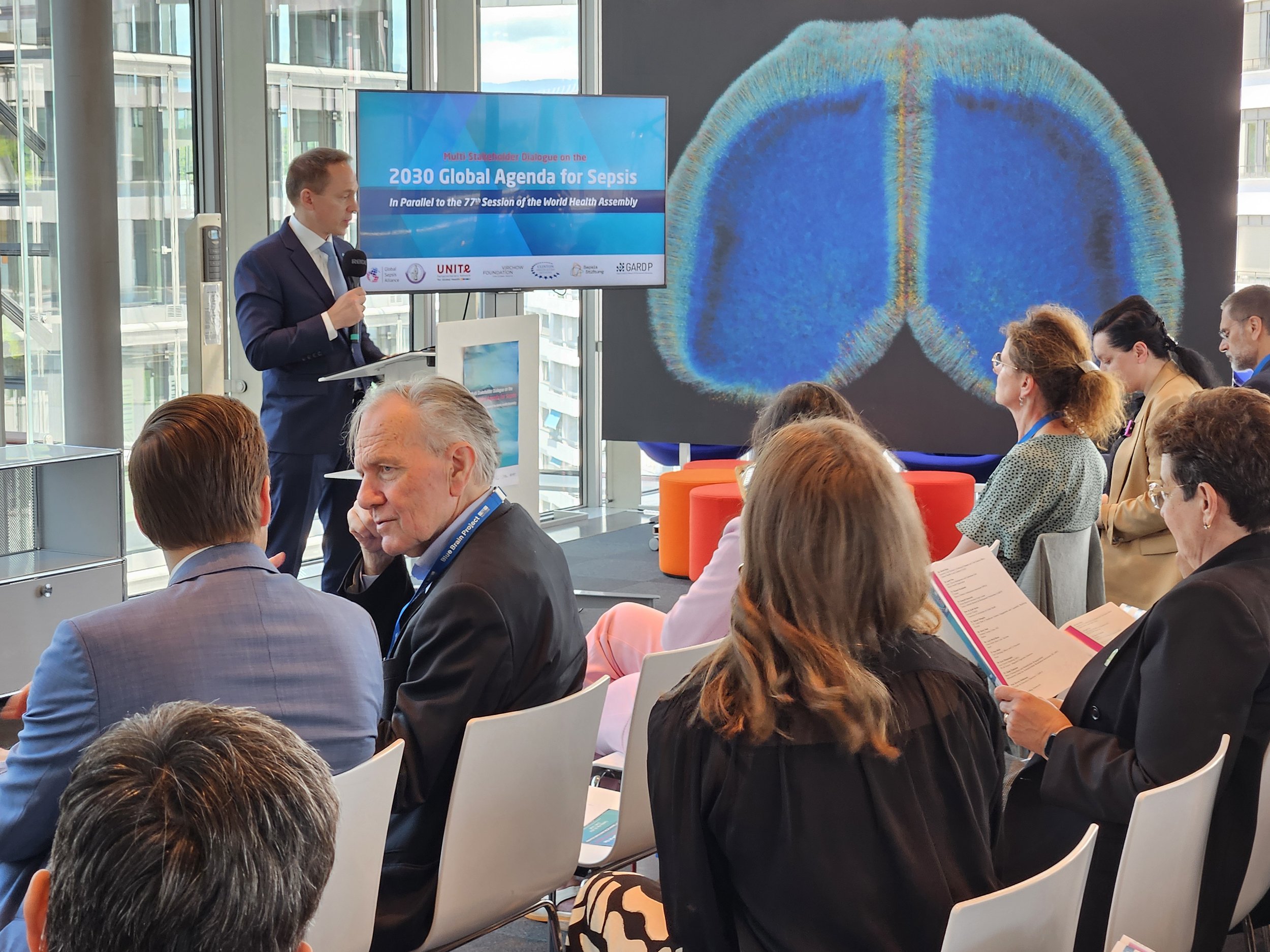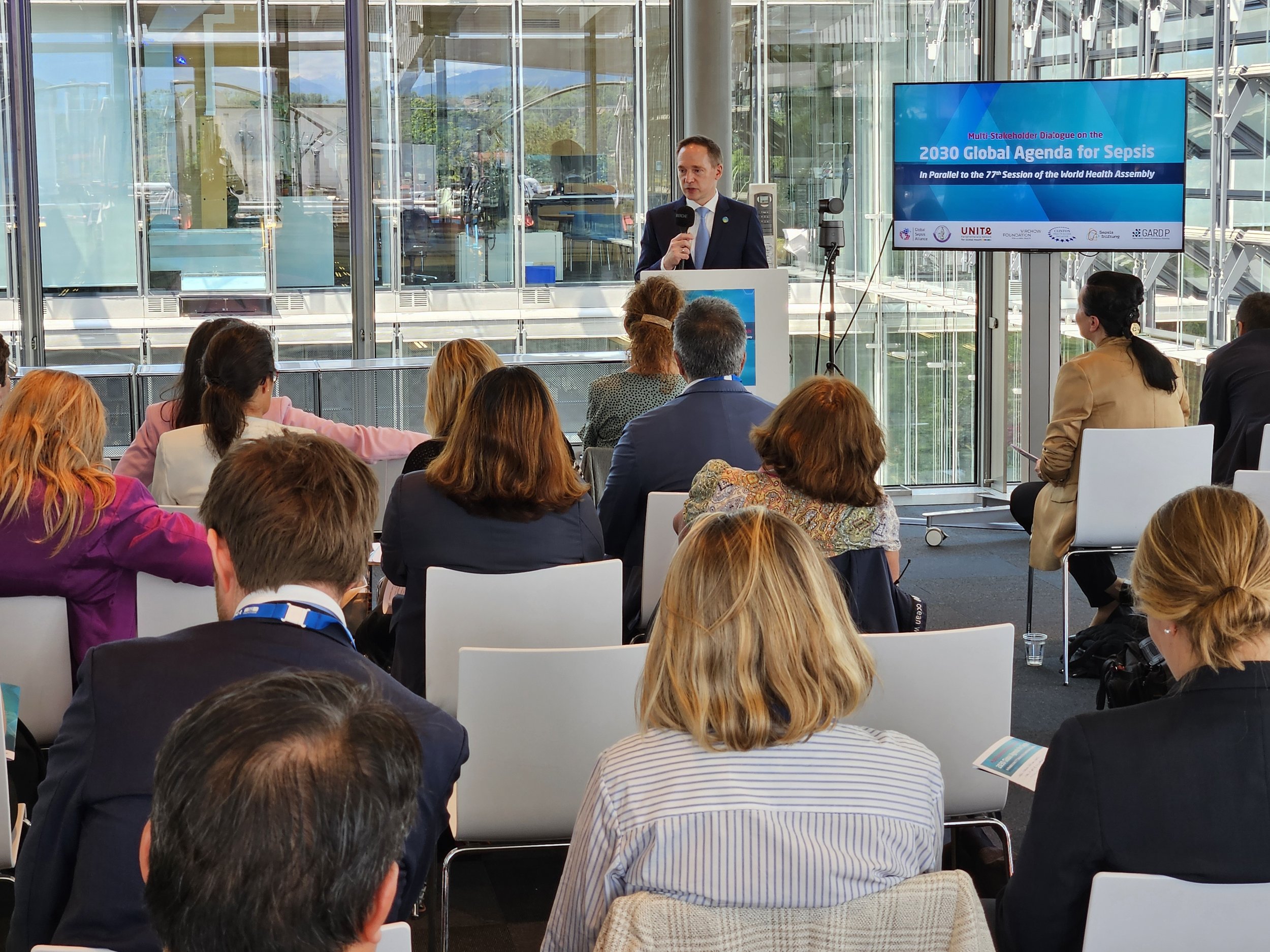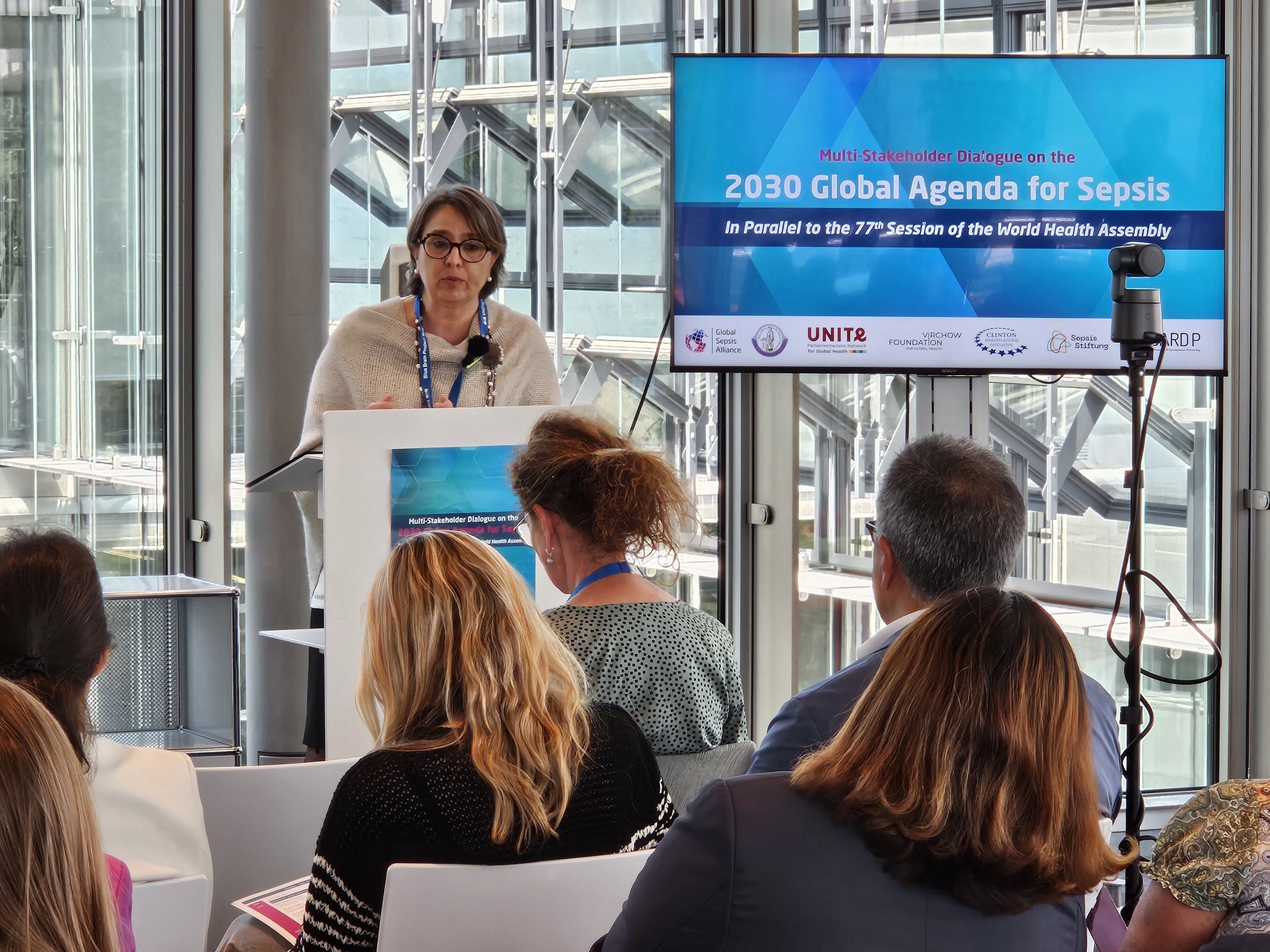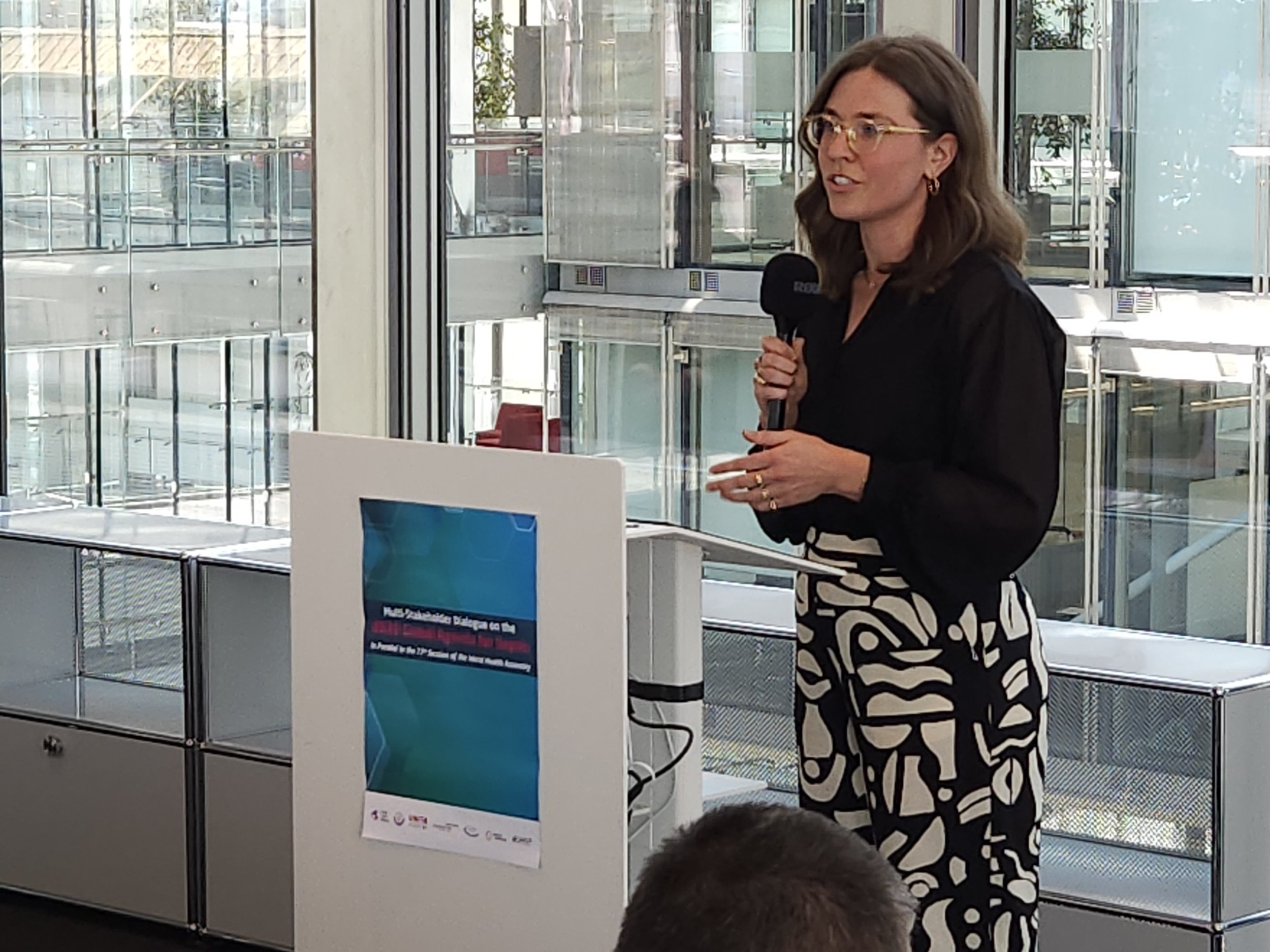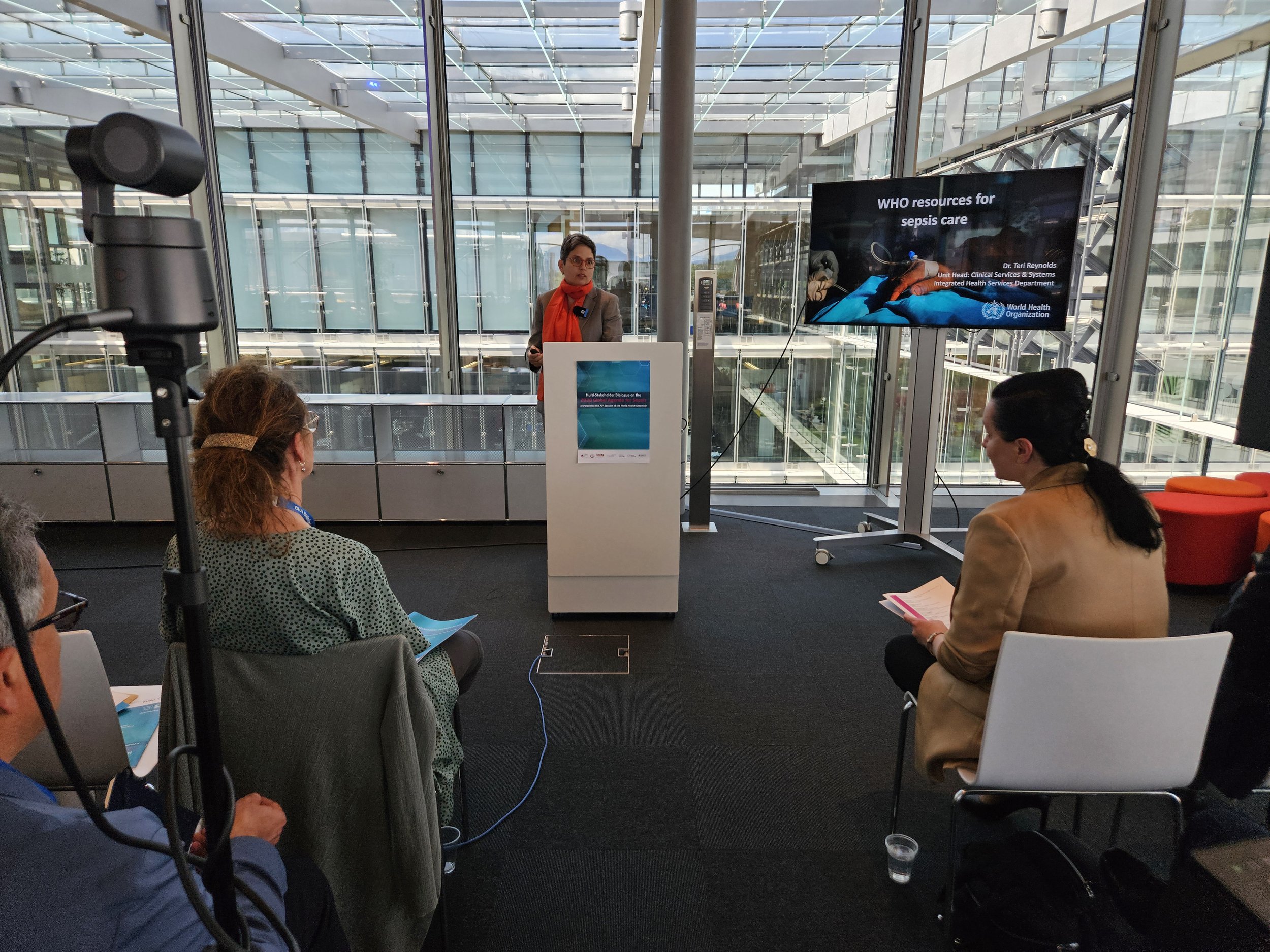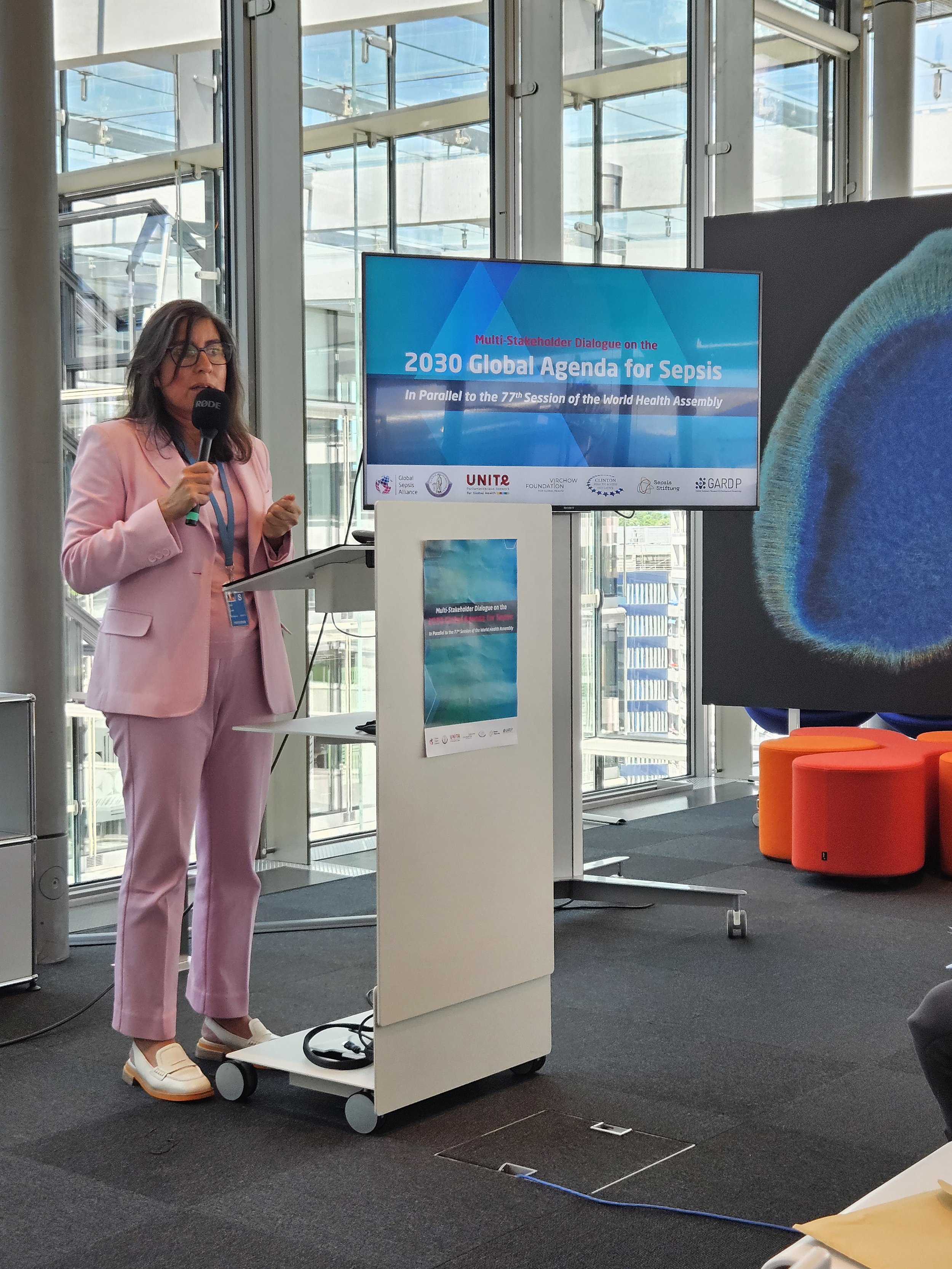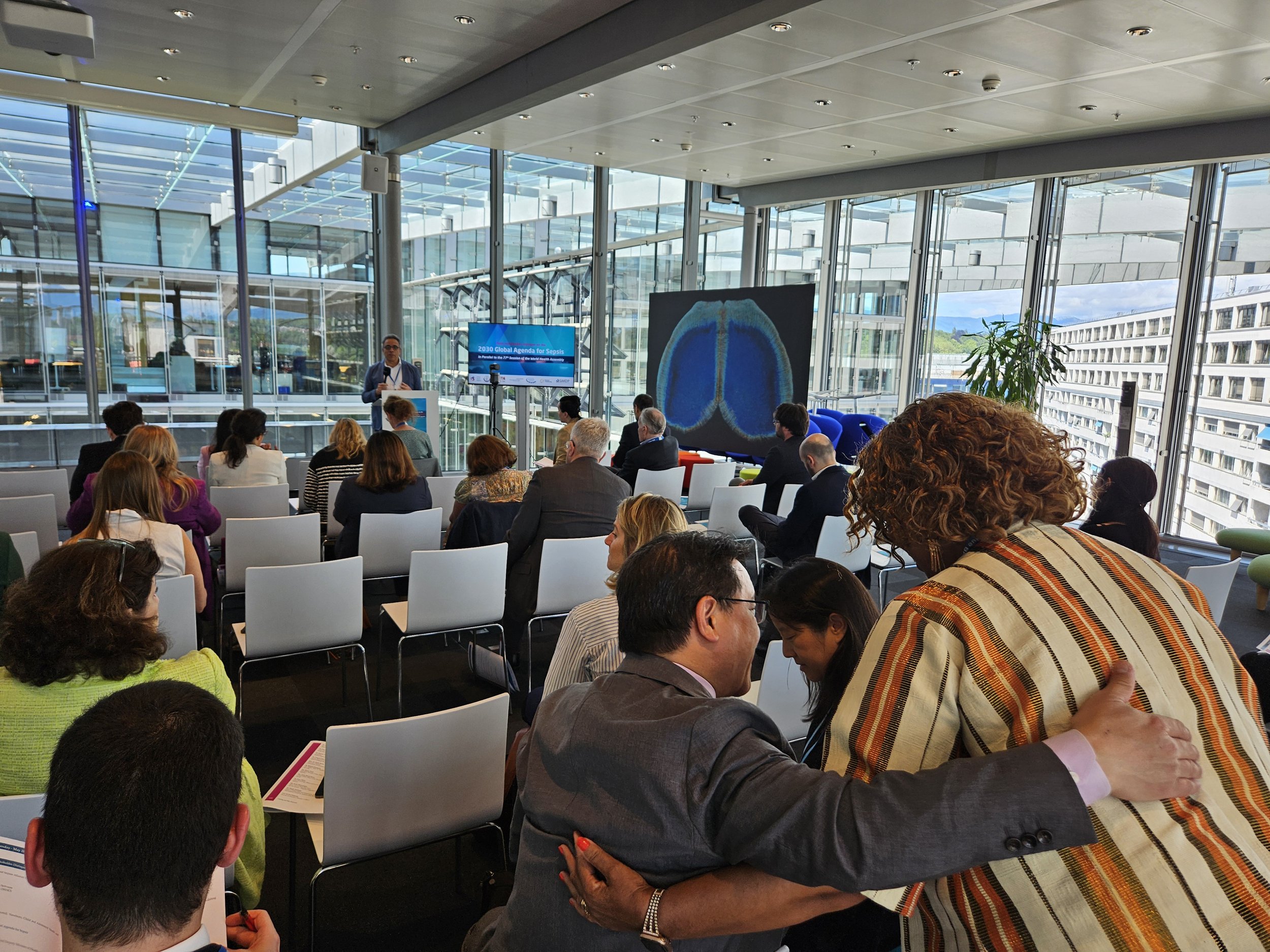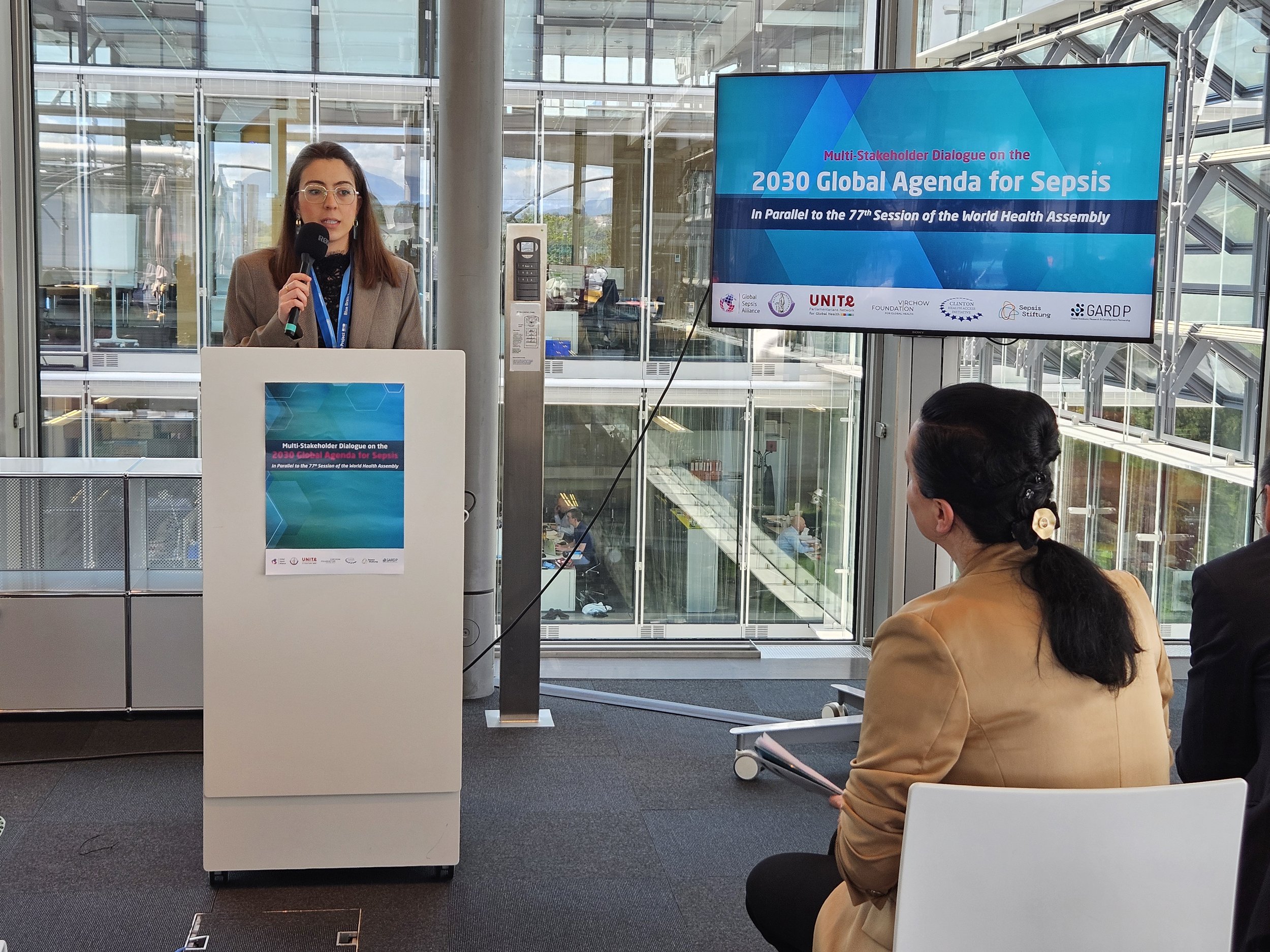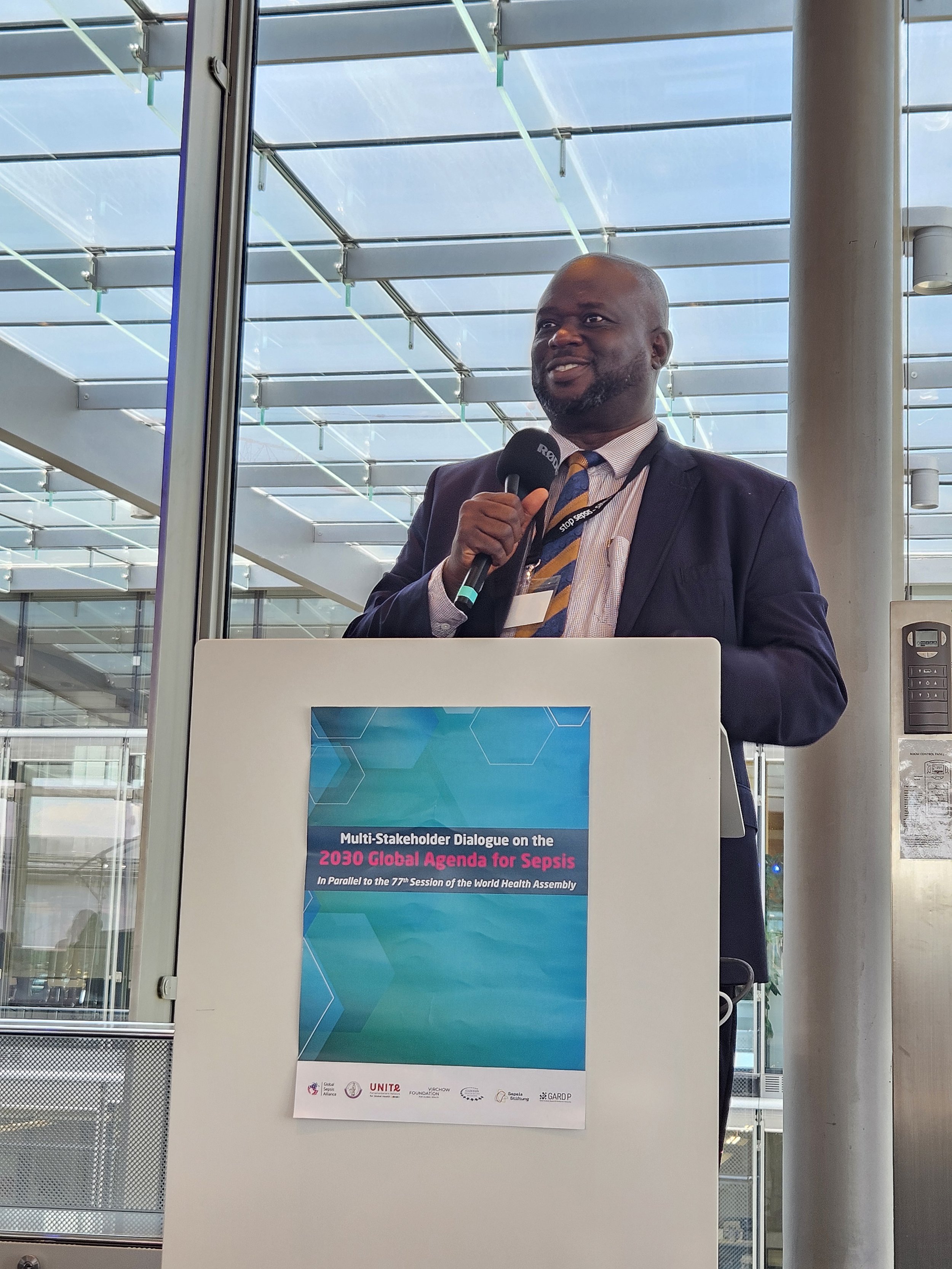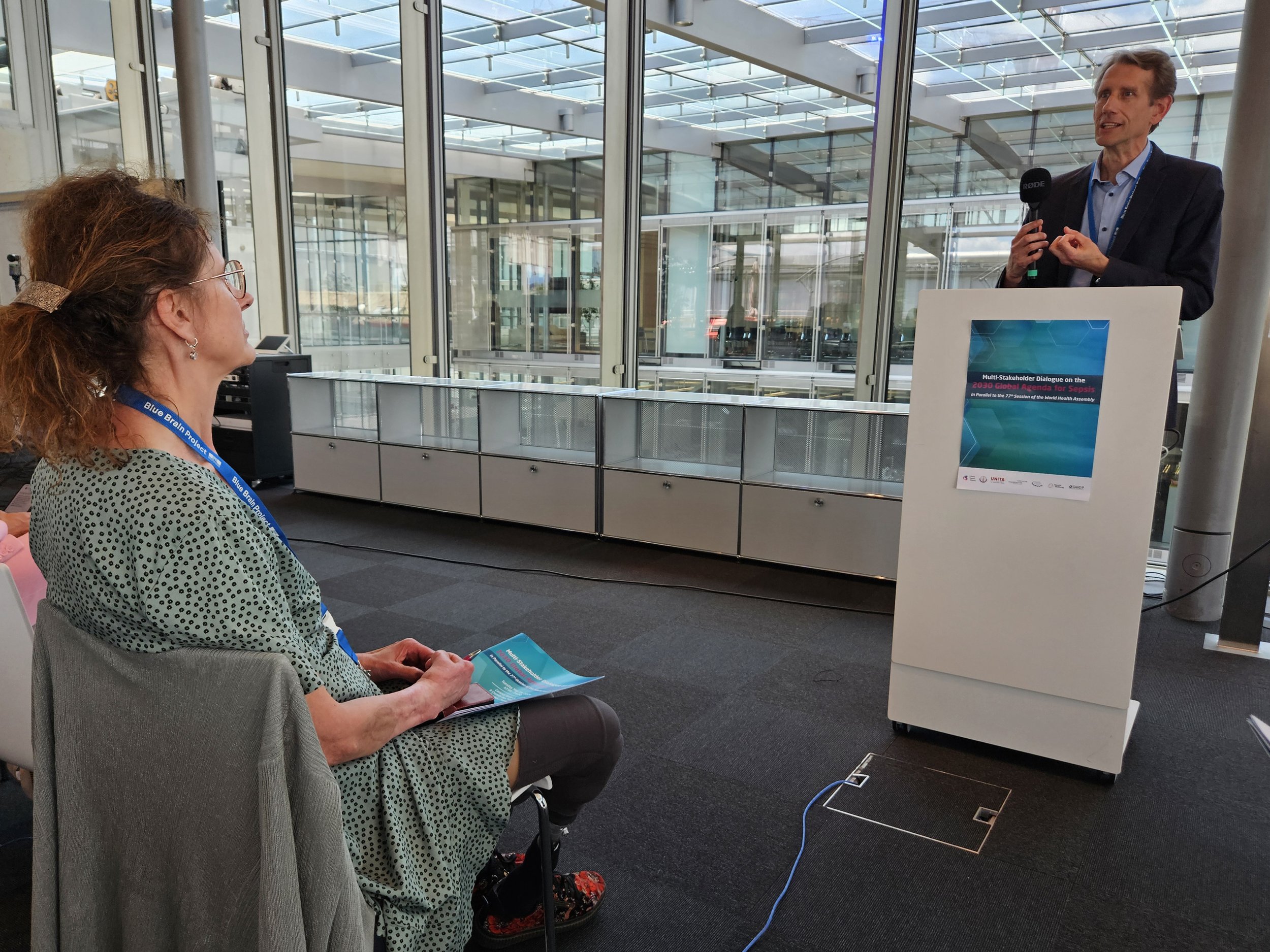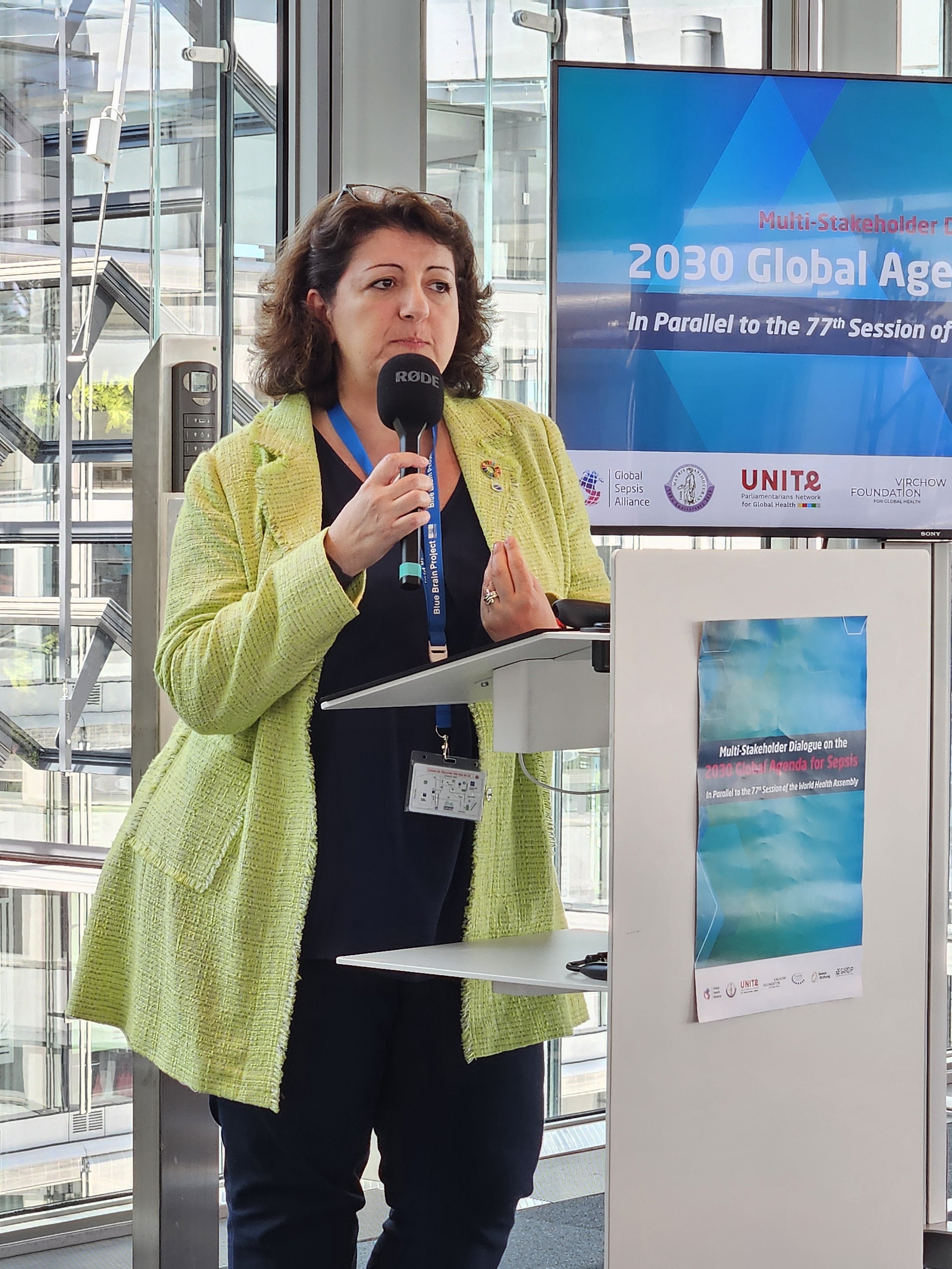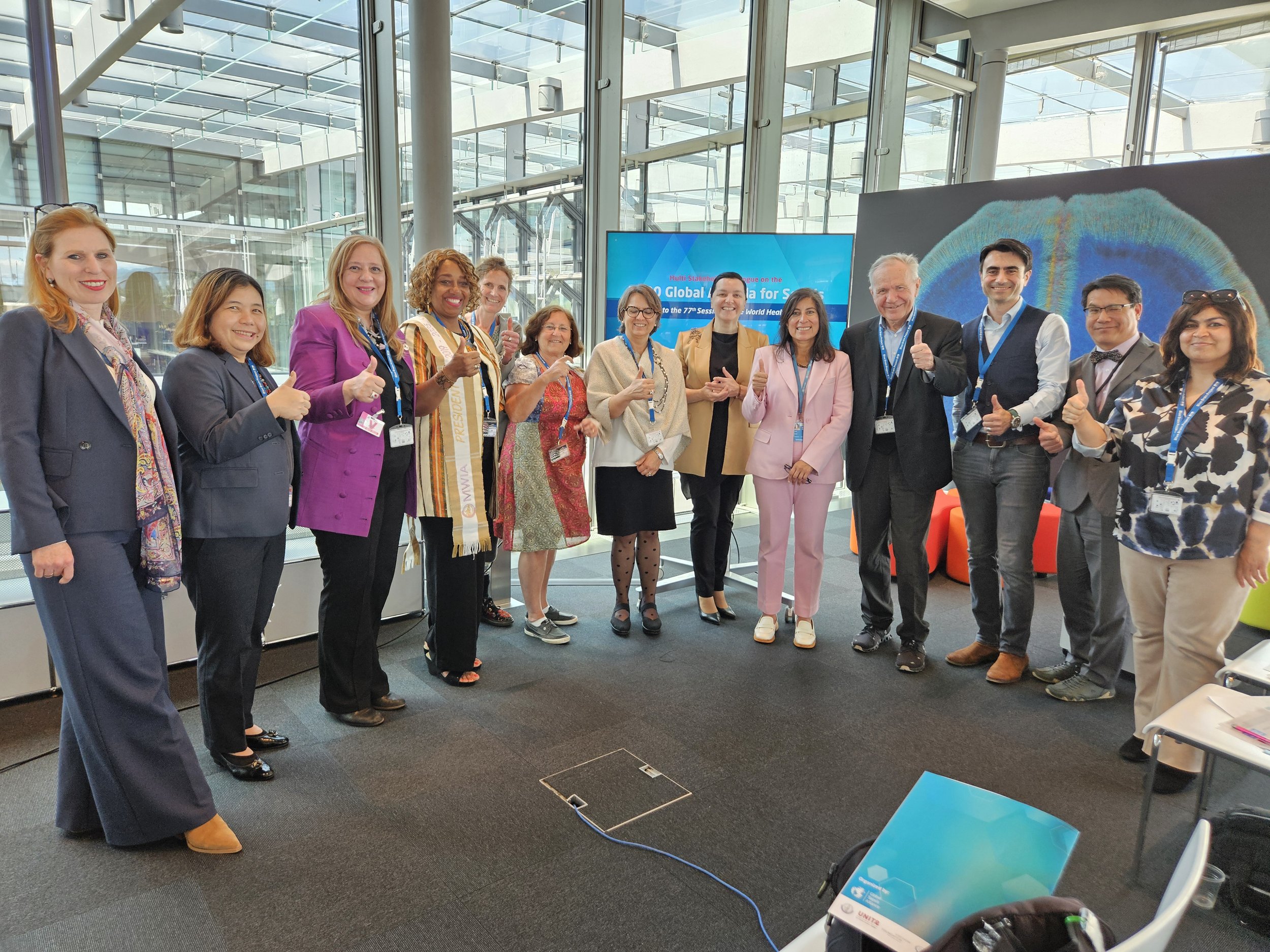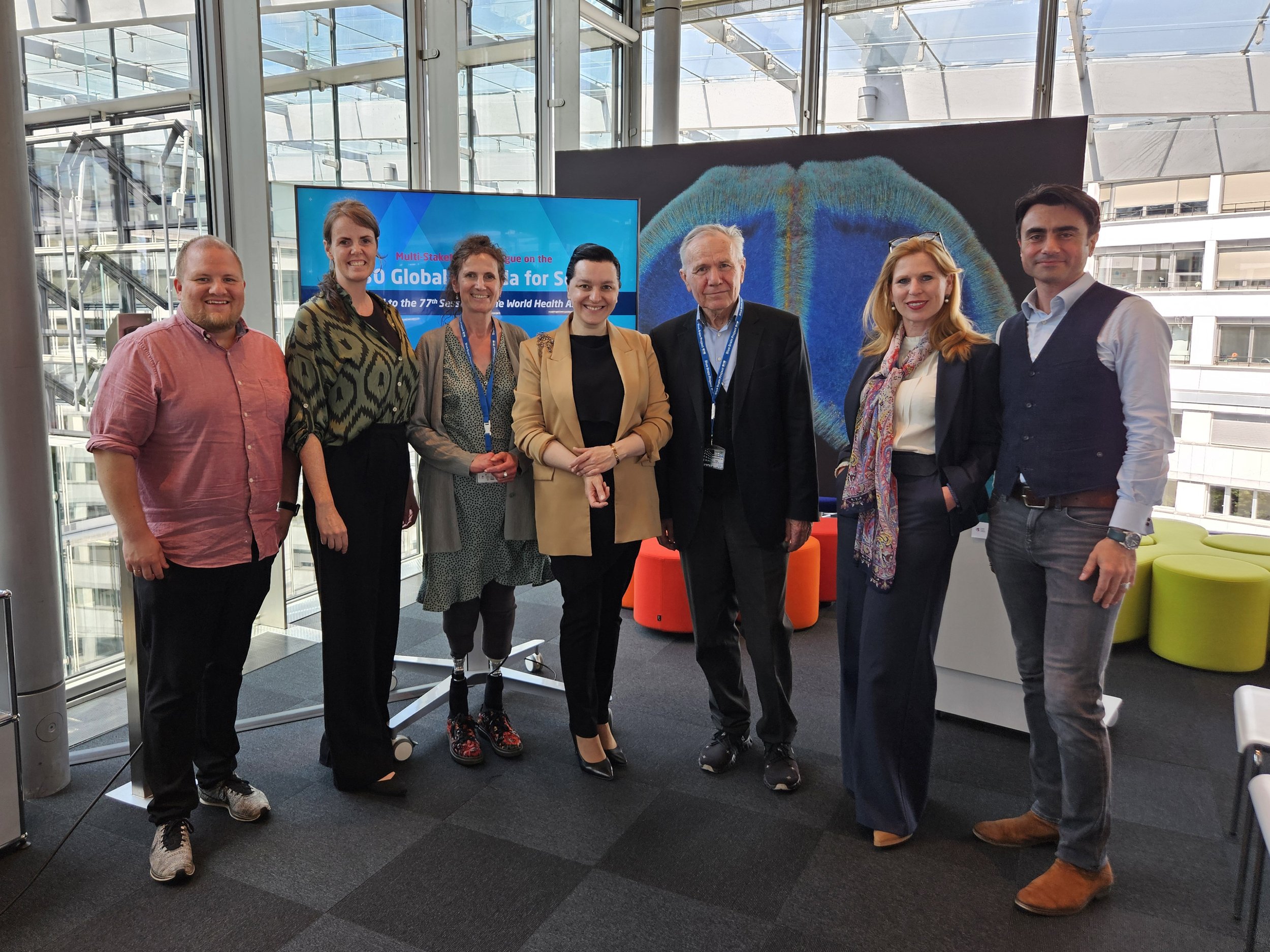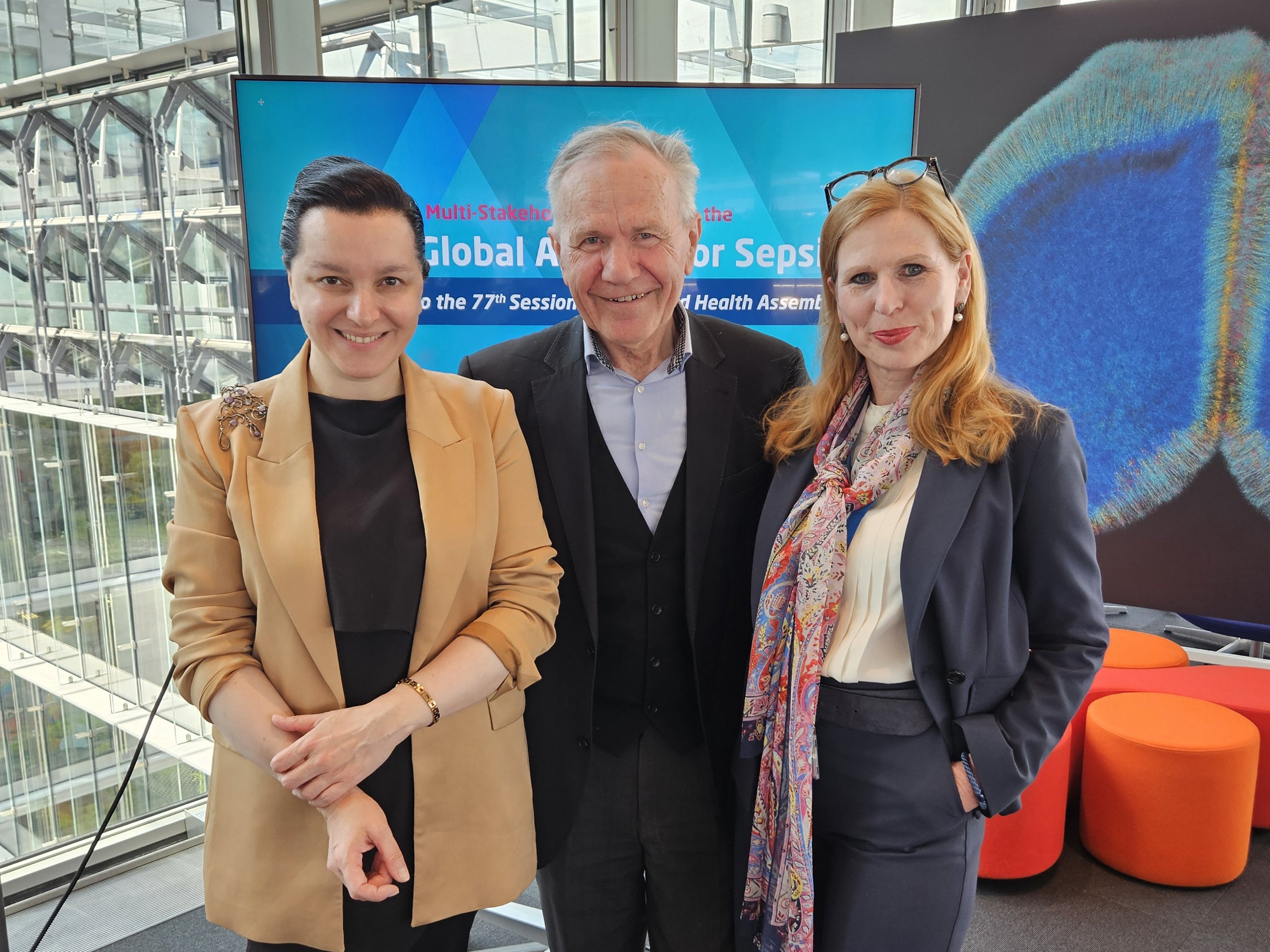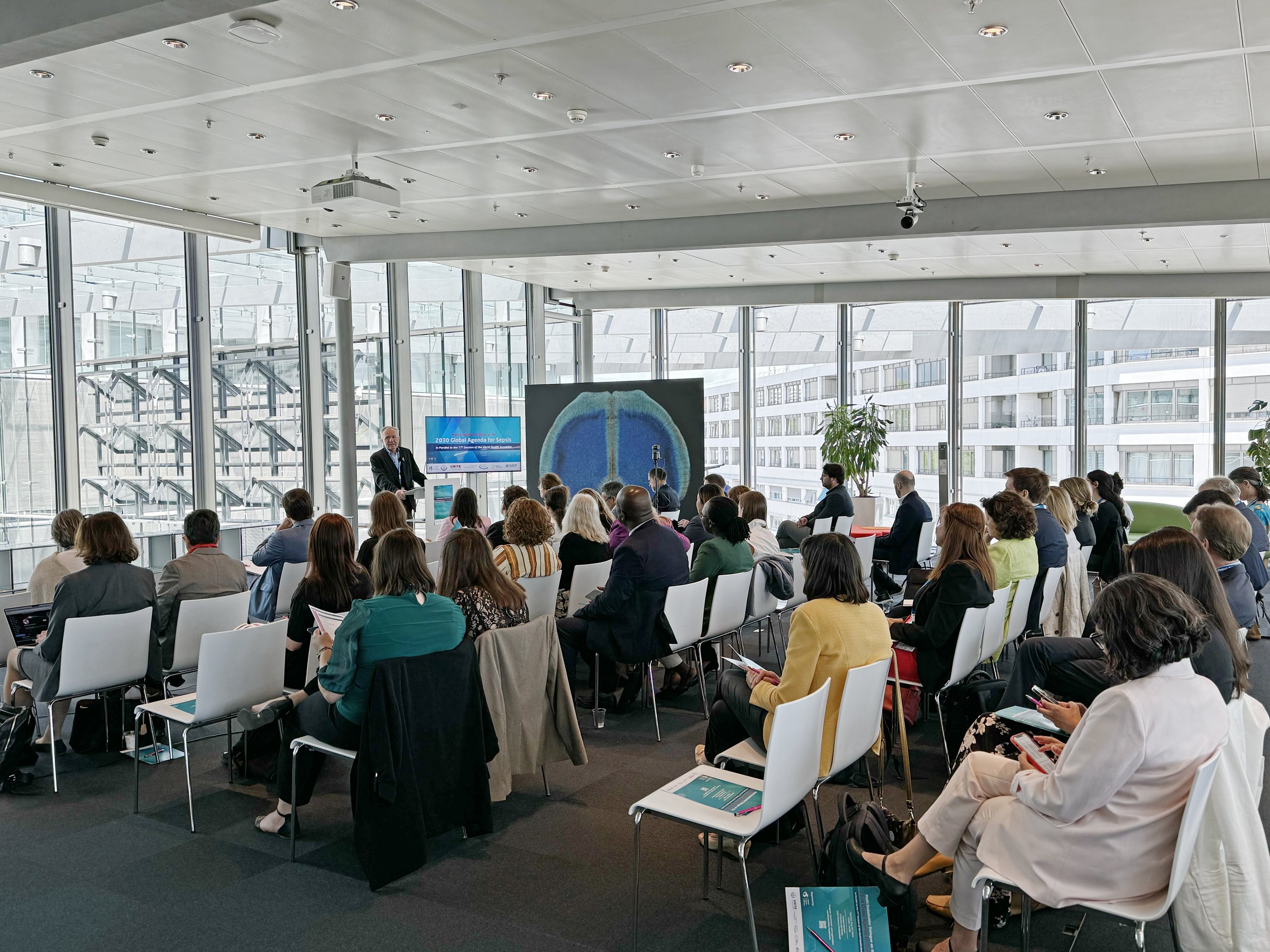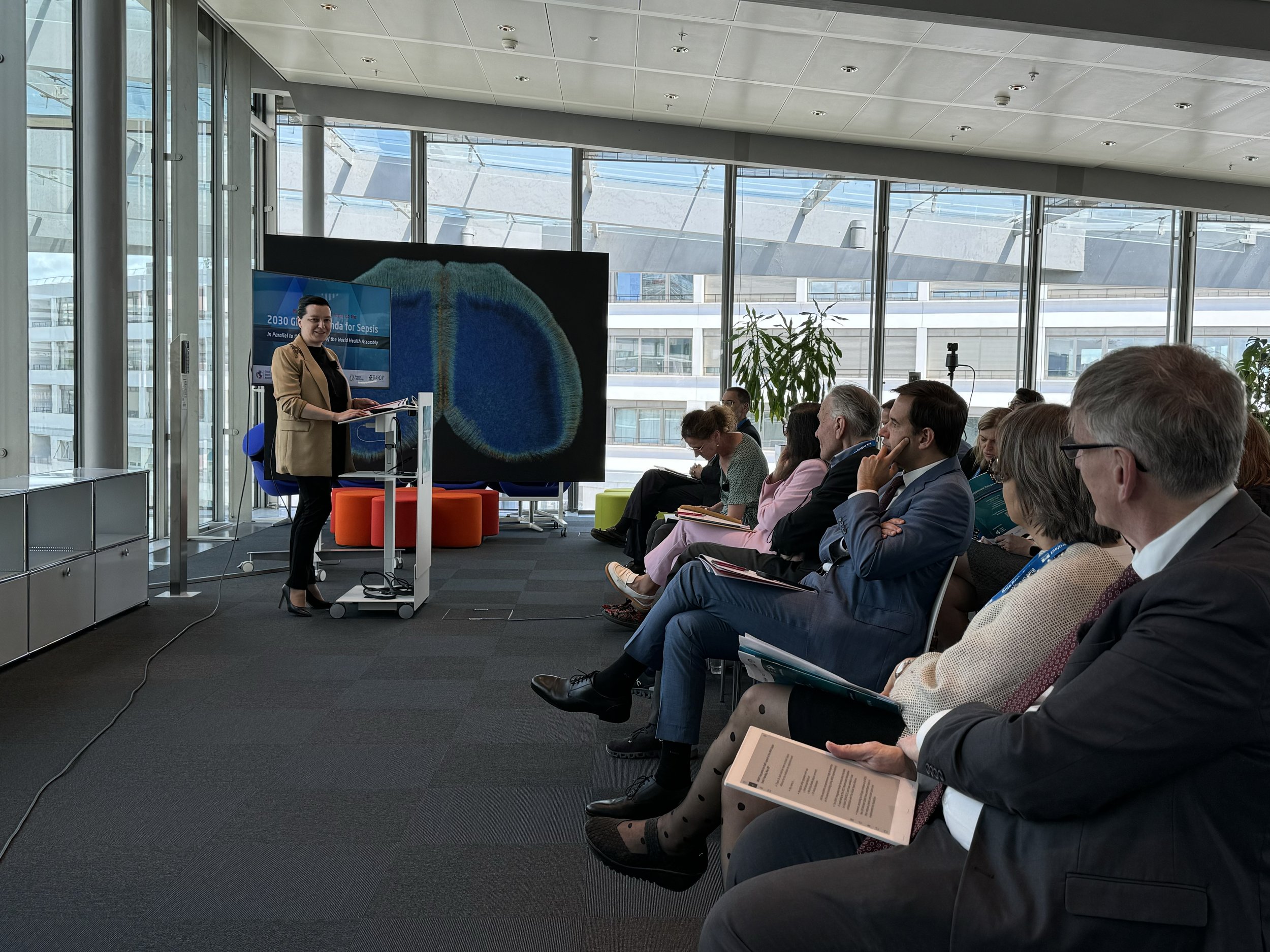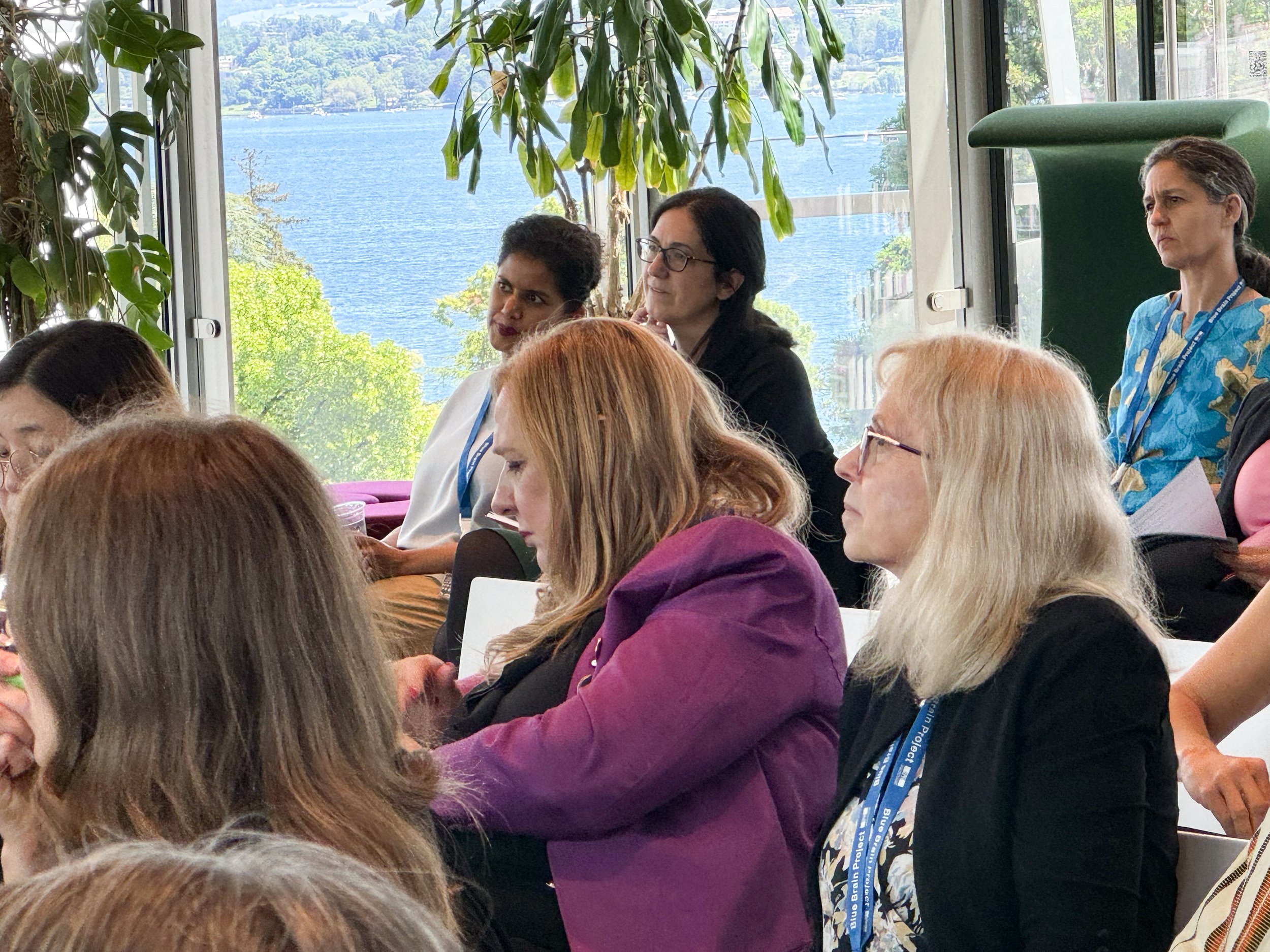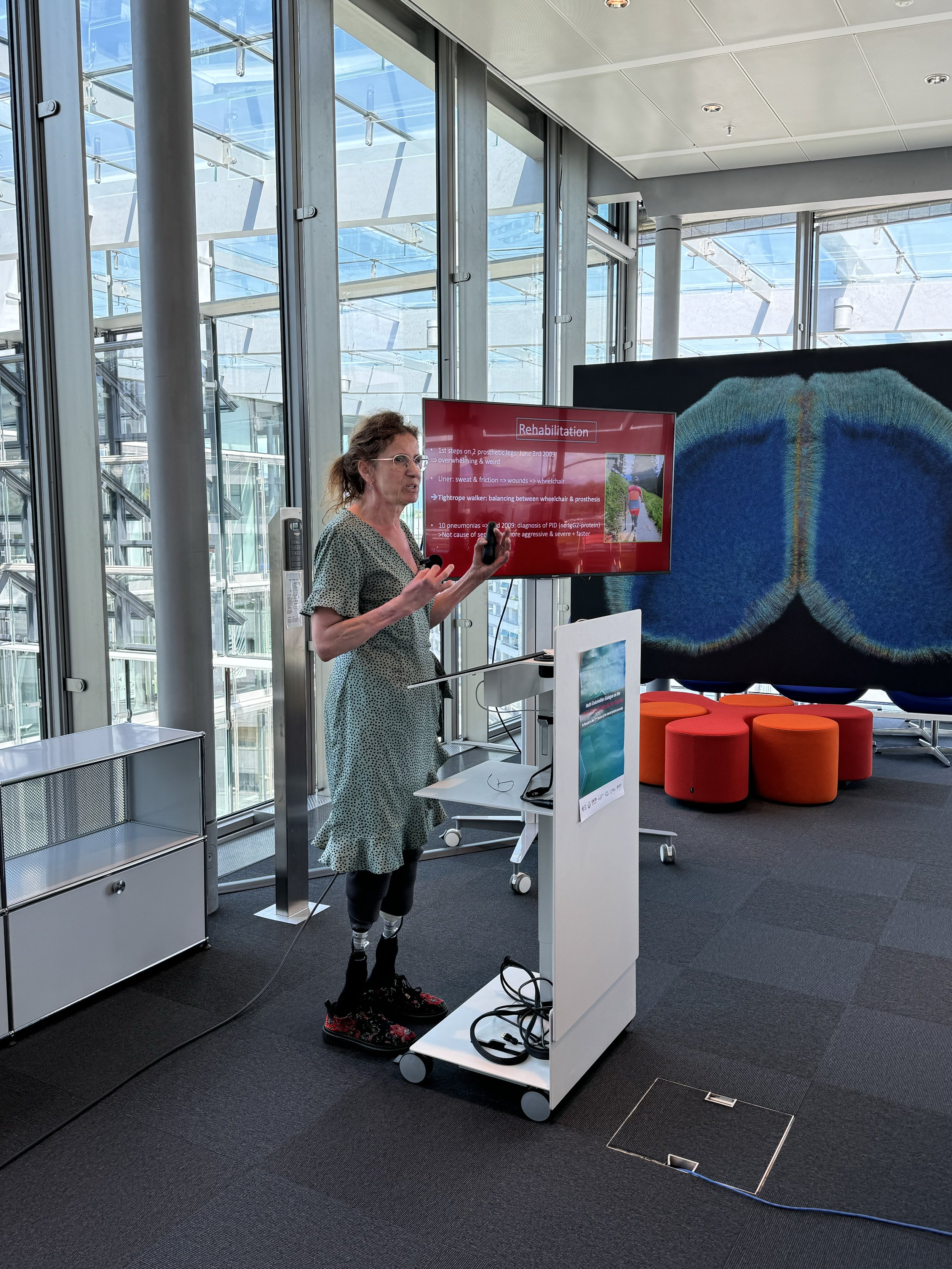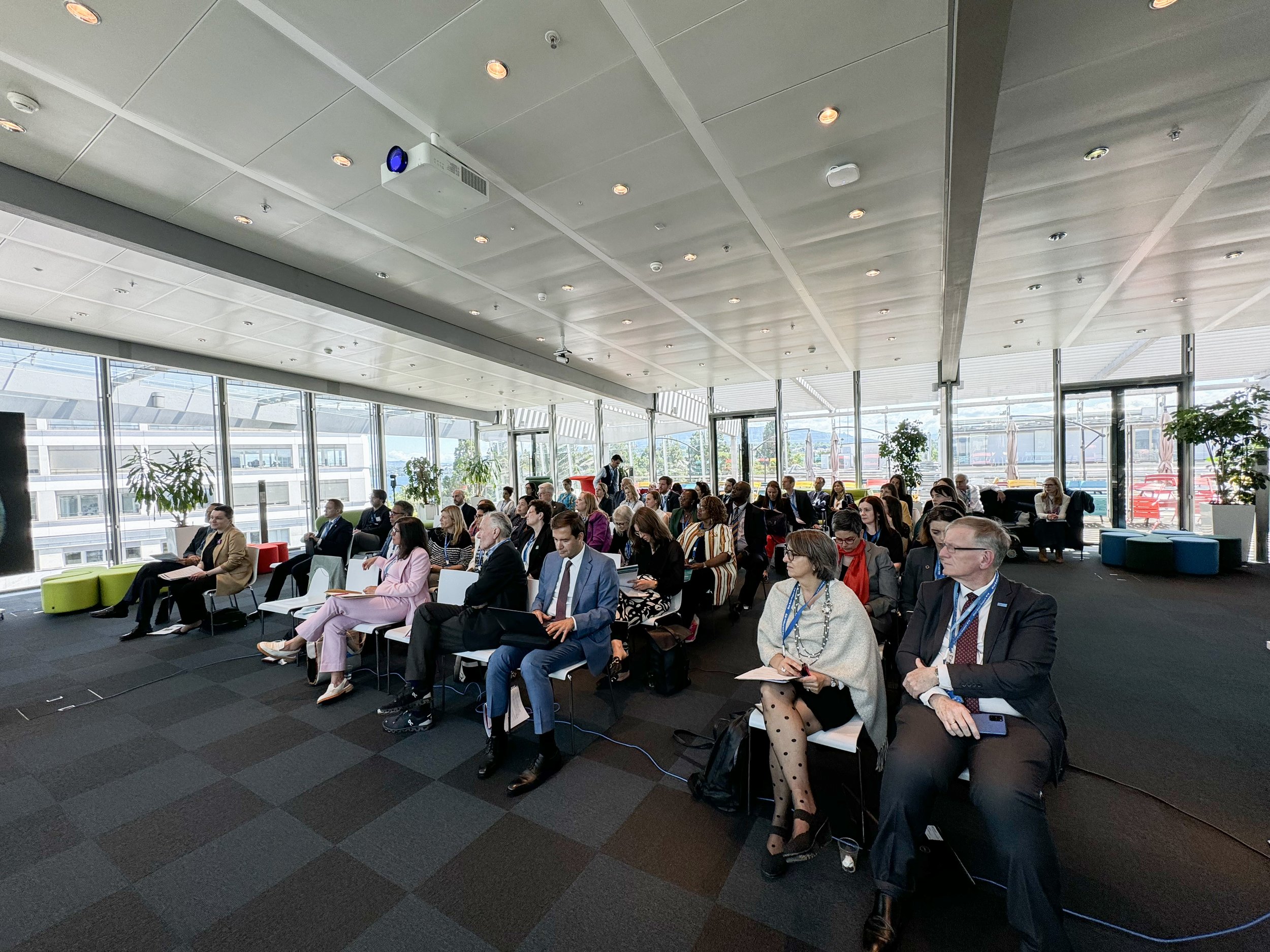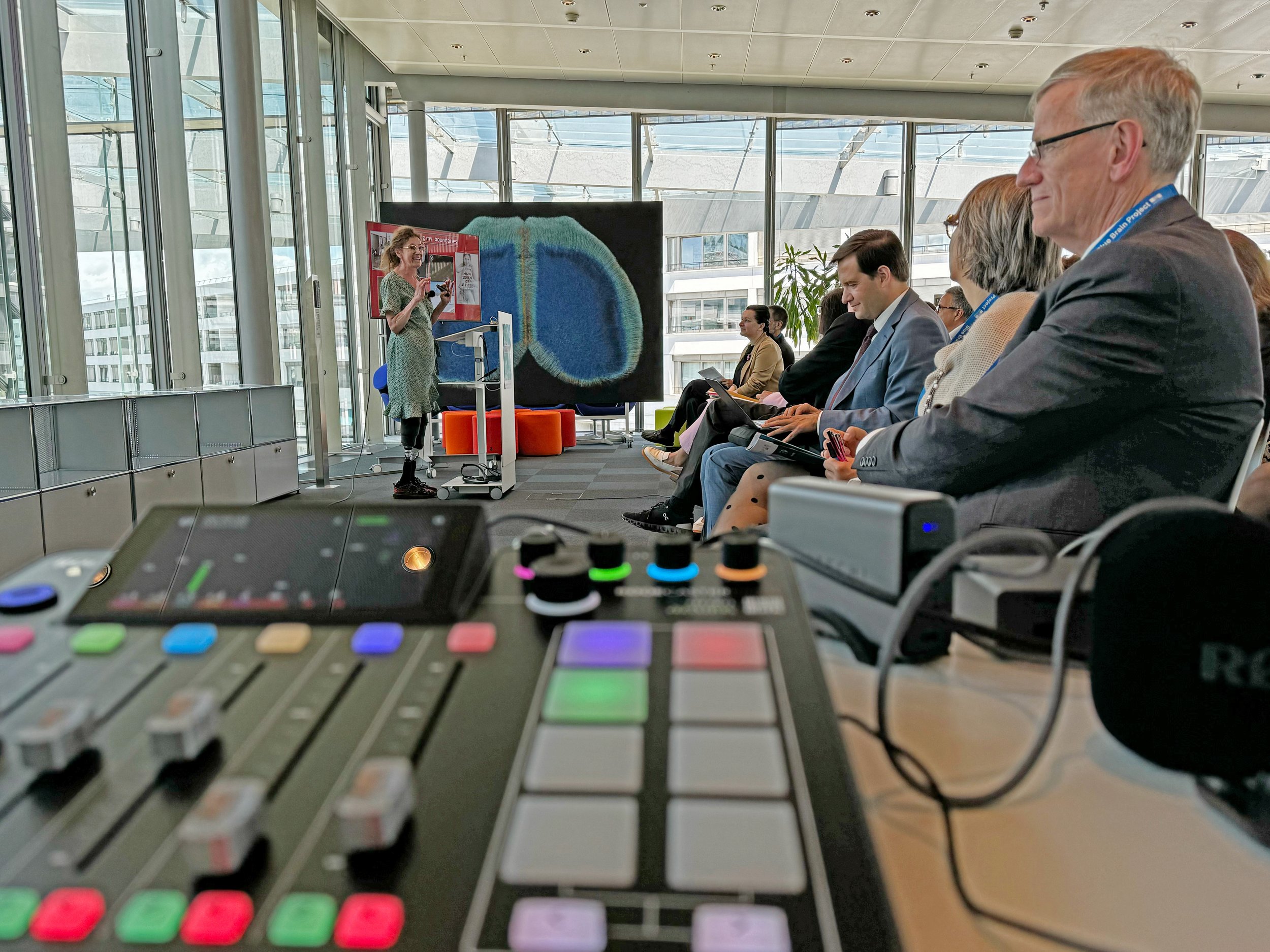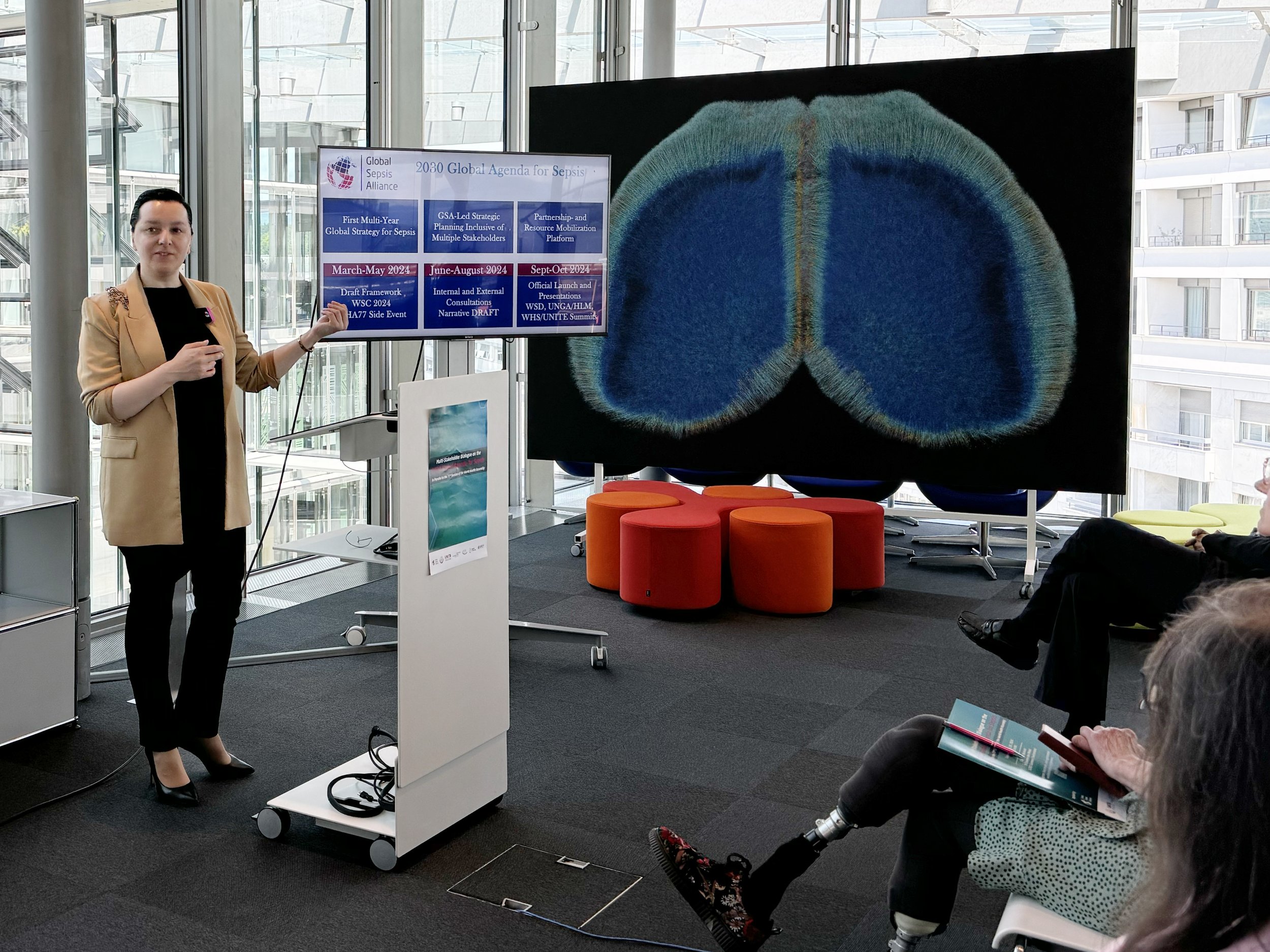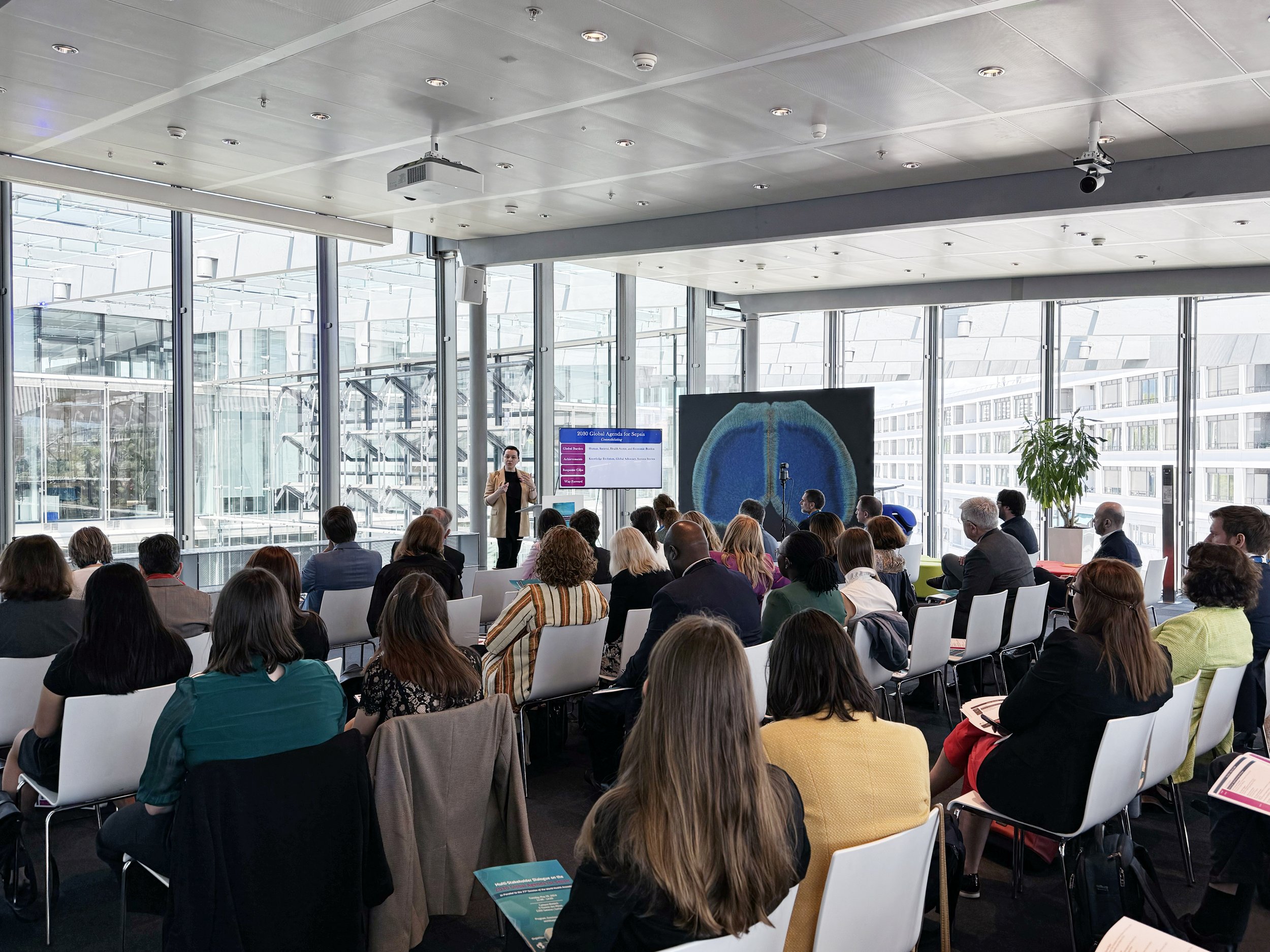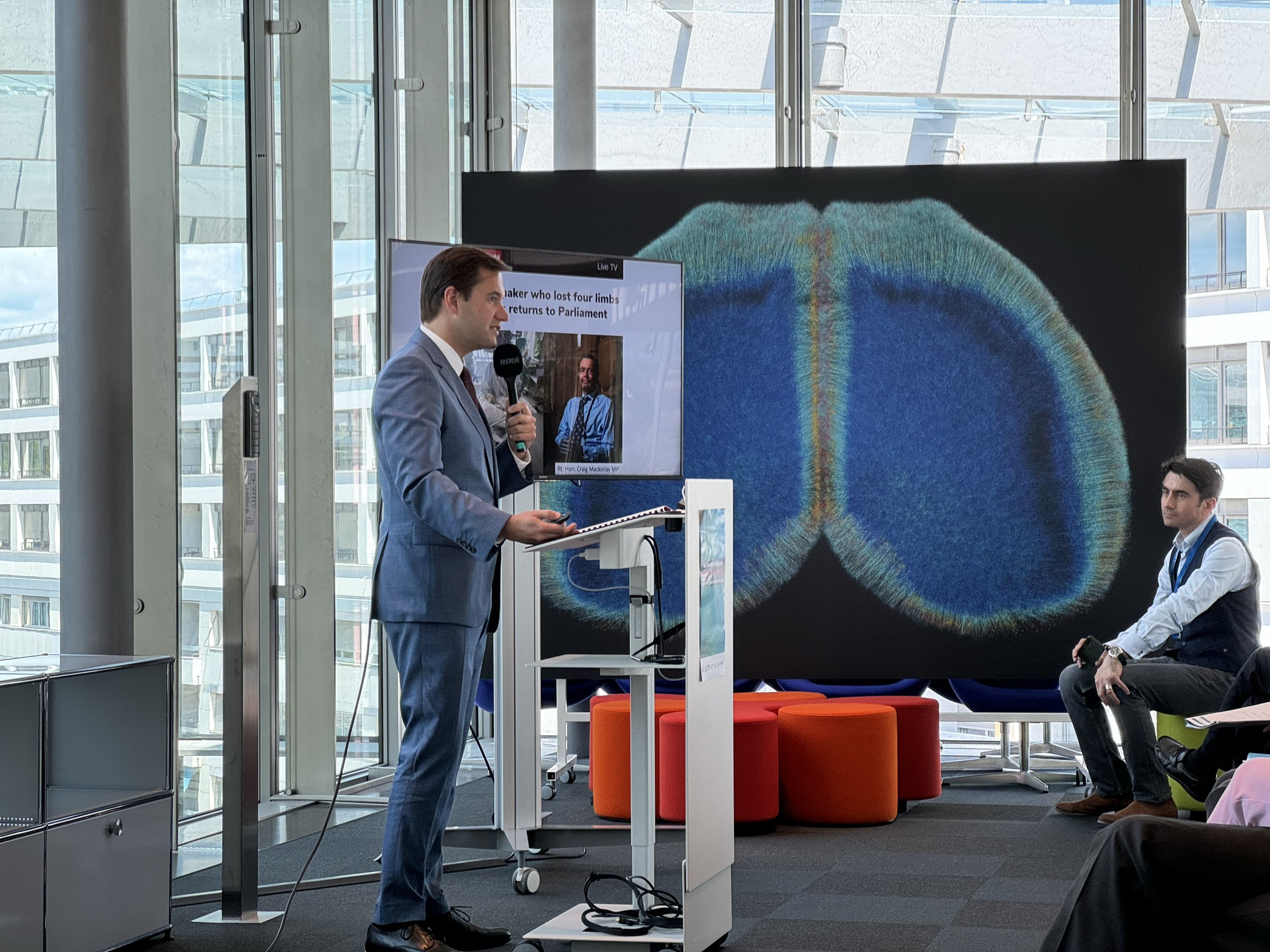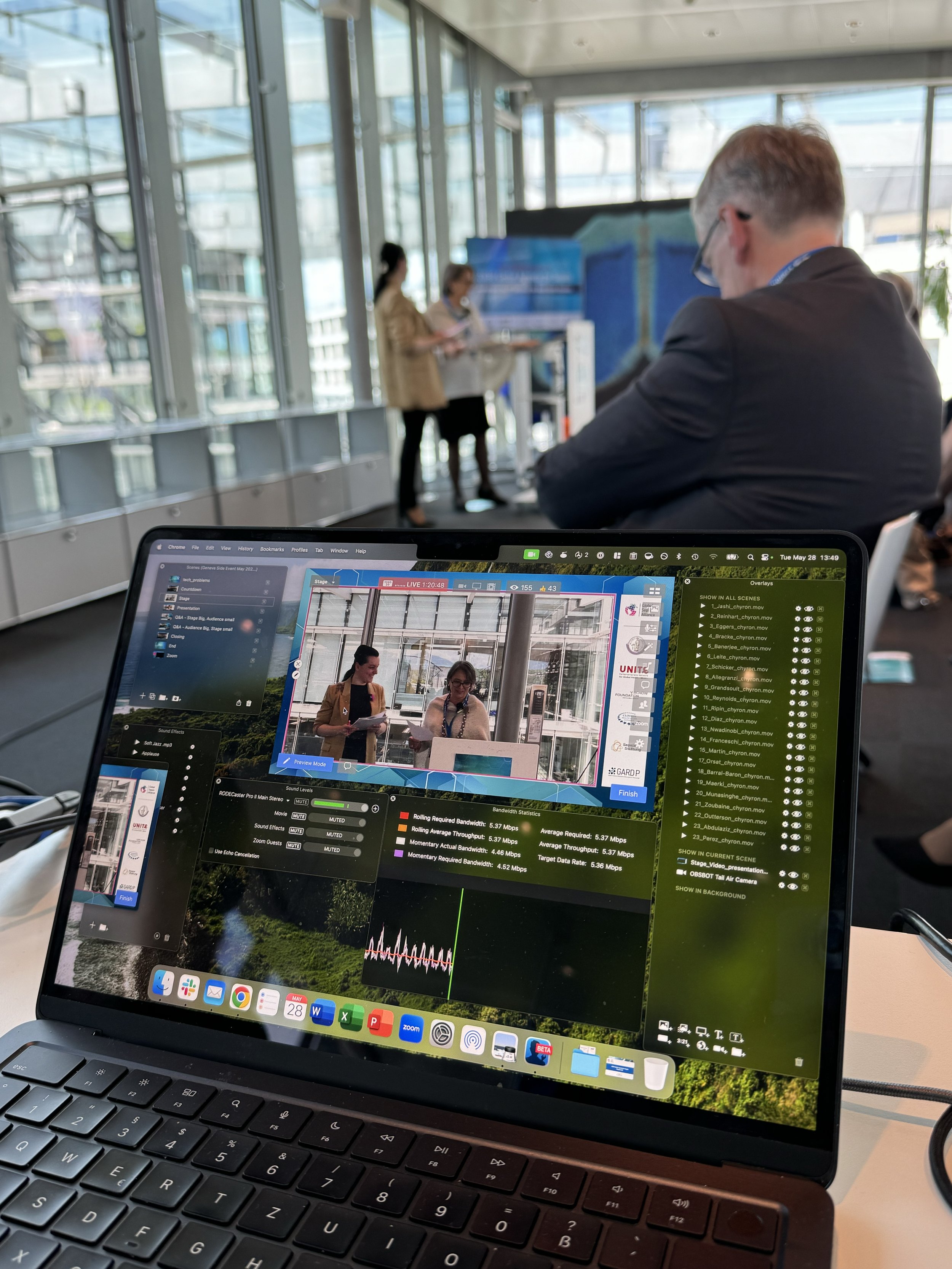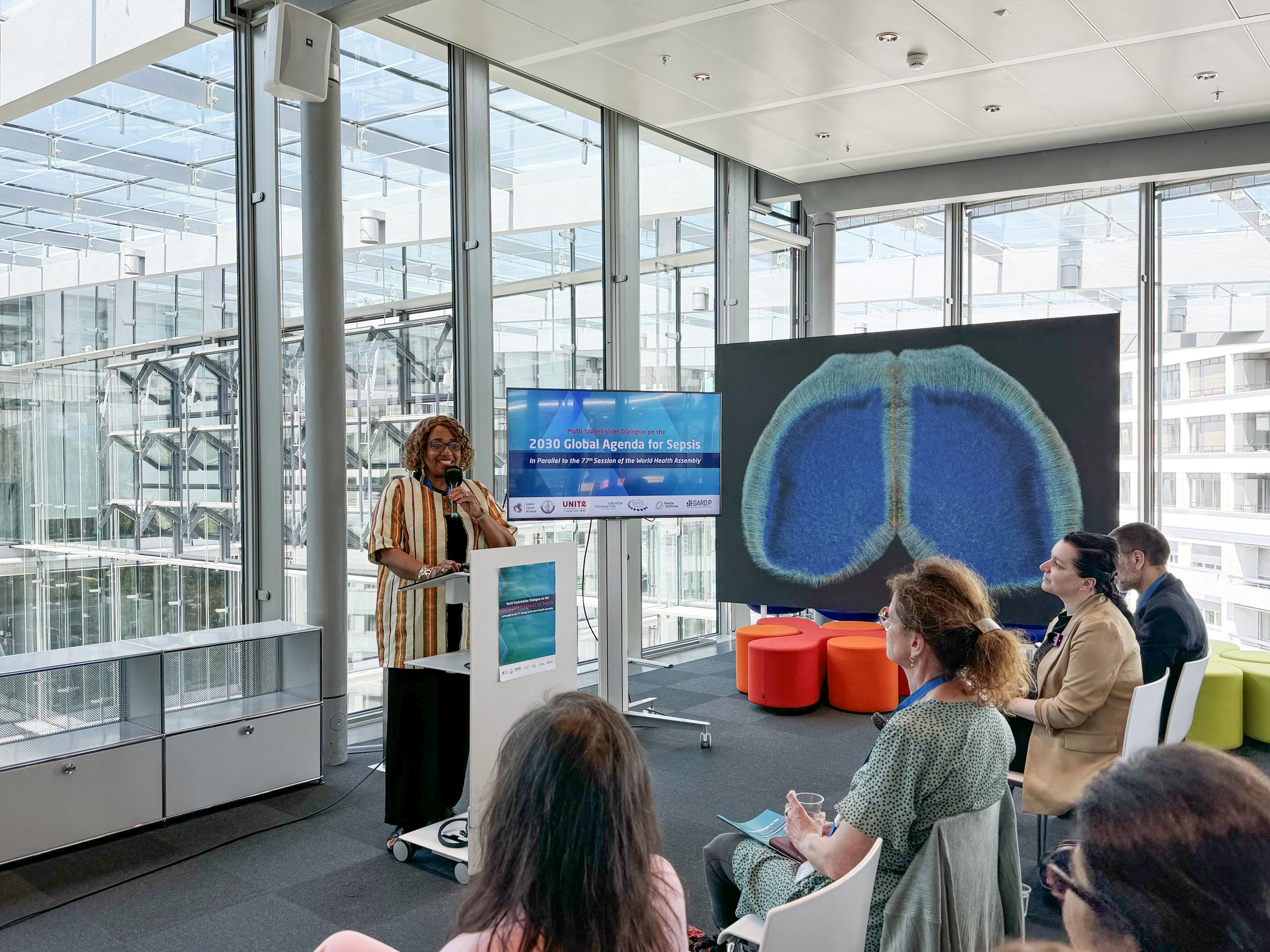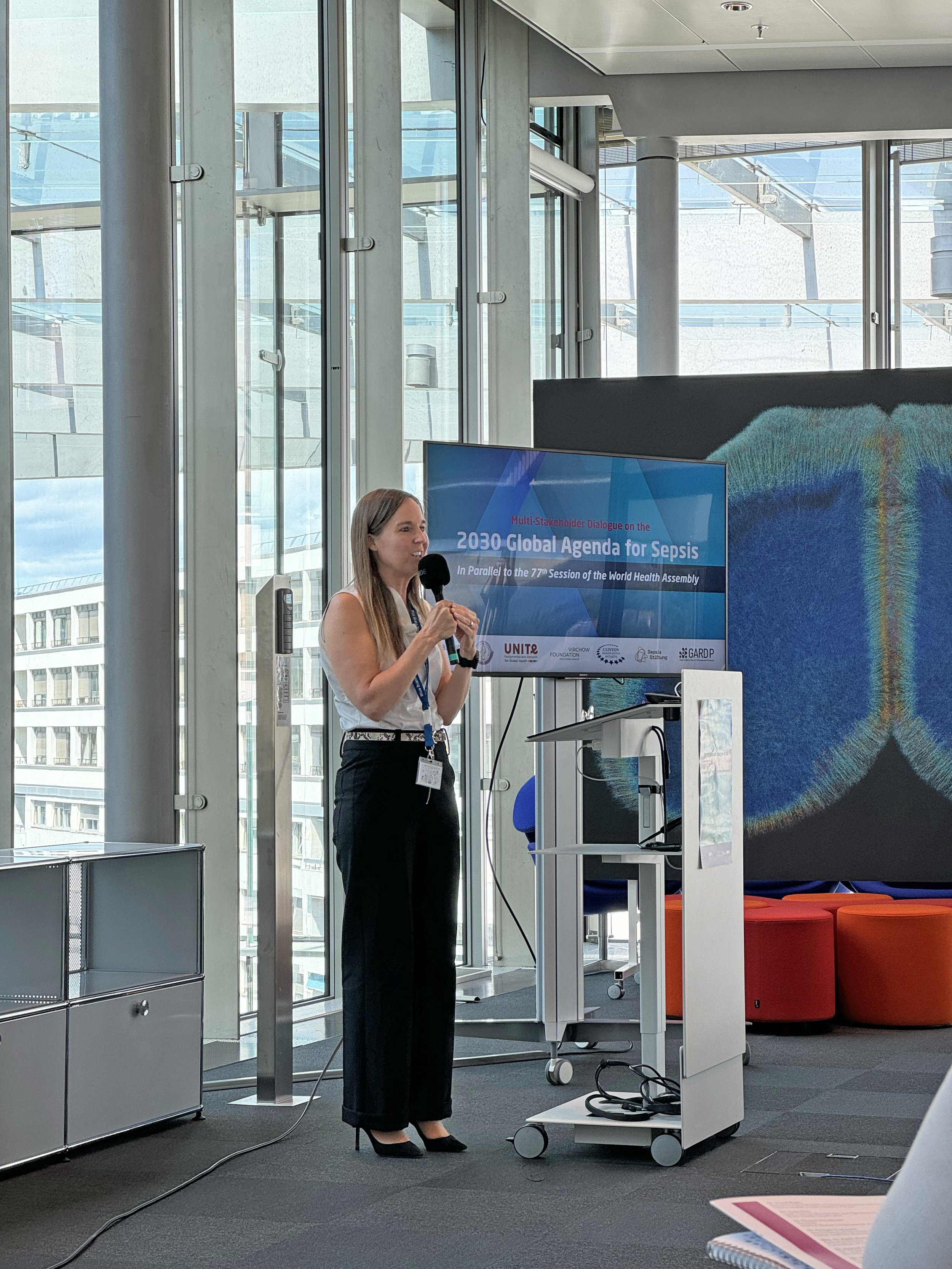My father was a remarkable man—a hardworking, honest soul with a quick wit and a cheeky grin. He had a deep love for Africa, its breathtaking tapestry of diverse landscapes, where the stillness of the wilderness is punctuated by the vibrant life that thrives within it. He marvelled openly at each breathtaking golden sunrise and sunset that painted our sky. His respect for the continent and its people was profound; he spoke several indigenous African languages, bridging cultures and forming lasting connections with those around him. His passion for Africa shaped my love for this land, instilling in me the values of kindness and understanding.
Dad navigated the challenges of celiac disease from his early 50's. During his golden years and towards the end of his life he and my mum often attributed his discomfort and frequent flare-ups to accidental gluten ingestion. He believed he could manage this condition, unaware that something far more sinister was quietly developing. I was only made aware of the cancer after my father’s surgery and by then sepsis had already killed him.
In early September 2023, amidst my all-consuming career that often overshadows other aspects of my life, I took my father to our general practitioner. After a thorough examination, she diagnosed an intestinal obstruction and urgently referred us to a surgeon at our local hospital. Little did we know that this journey marked the beginning of a nightmare we couldn’t have anticipated.
Upon arriving at the hospital, the resident surgeon confirmed the need for surgery, explaining that my father would require an overnight stay for bowel preparation. We stayed with Dad until the end of the late evening visiting hours and left him in what we thought were capable hands, reassured that he seemed stable, albeit connected to a drip for pain and dehydration. Unbeknownst to us my father’s health took a dramatic turn for the worse during the night and it wasn’t until I received a call the following morning that I learned he had been moved to the ICU due to a dangerously high fever of nearly 40°C. Panic gripped me as I rushed to the hospital, my heart racing with dread.
When I arrived in the ICU, I was met with a sight that will haunt me forever. My father was shaking uncontrollably, his face a mask of pain and fear. I rushed to his side, tried to find out from the ICU nursing staff what was going on - no one would give me an honest answer. He was in agony, the blood pressure monitor wrapped around his upper arm caused immense pain. When the nursing staff turned him on his side he yelled out in agony. All I could do for him was hold the oxygen mask over his mouth away from nasogastric (NG) tube and dab the tears from his eyes. I desperately tried to remain calm for him. I talked him through his laboured breathing. It was an agonizing moment when he mustered the strength to tell me he was going to die. I will never forget those words...
“Breathe, Dad,” I urged, my voice trembling. “You can do this.” I watched him, his hands violently shaking, his eyes closed he fumbled and managed to find my wrist and pinch my skin, his silent way of saying, “No, my girl, I’m dying.”
The helplessness was devastating as I stood by, watching sepsis take hold of him, each breath growing more laboured, each moment more excruciating. Sepsis was now not just a medical term - it had become a monstrous reality, ravaging my father’s body while I was left in the dark as to its severity.
For six agonizing hours, I stood by his side, powerless to stop the inevitable. The medical staff would not prioritise his surgery, and by the time they finally operated, sepsis had already claimed my dad. My father was grappling with a silent killer that had gone unrecognized until it was far too late.
My father’s passing was not just a tragic loss; it was a preventable tragedy. The lack of urgency from the healthcare providers left us vulnerable and unprepared for the horror that unfolded before our eyes.
Sepsis is a global health crisis. It affects around 49 million people every year, at least 11 million die – one death every 2.8 seconds. Depending on country, mortality varies between 15 and more than 50 %. Many surviving patients suffer from the consequences of sepsis for the rest of their lives.
With nearly 17 million cases and 4 million deaths occurring each year in sub-Saharan Africa (sSA), sepsis-attributable morbidity and mortality is higher in sSA than in any other world region. Everybody in Africa deserves a chance to survive sepsis.







